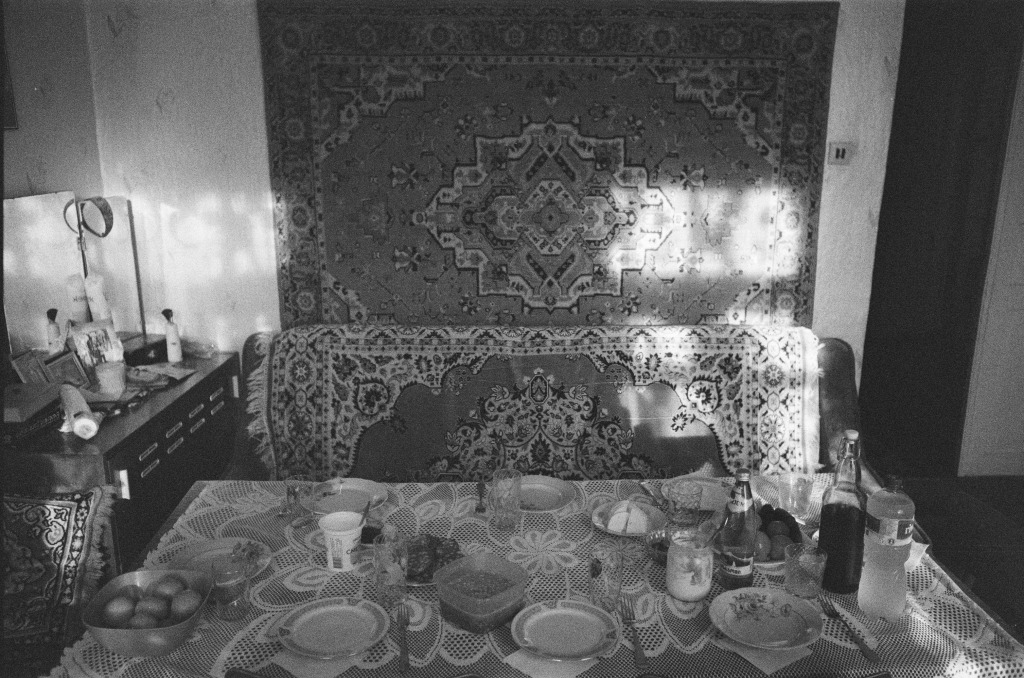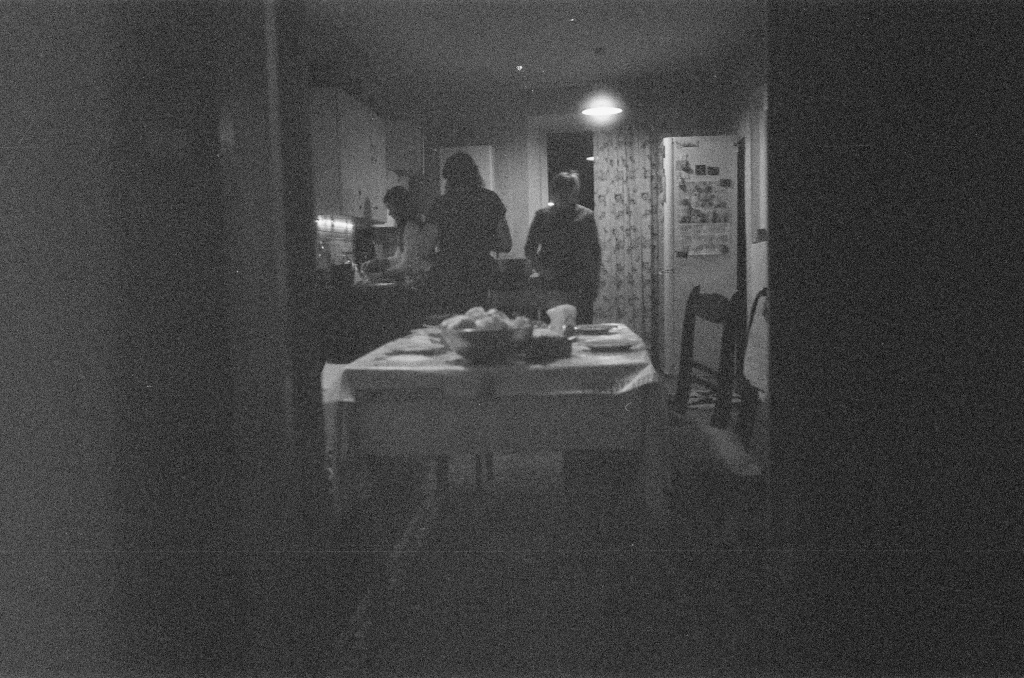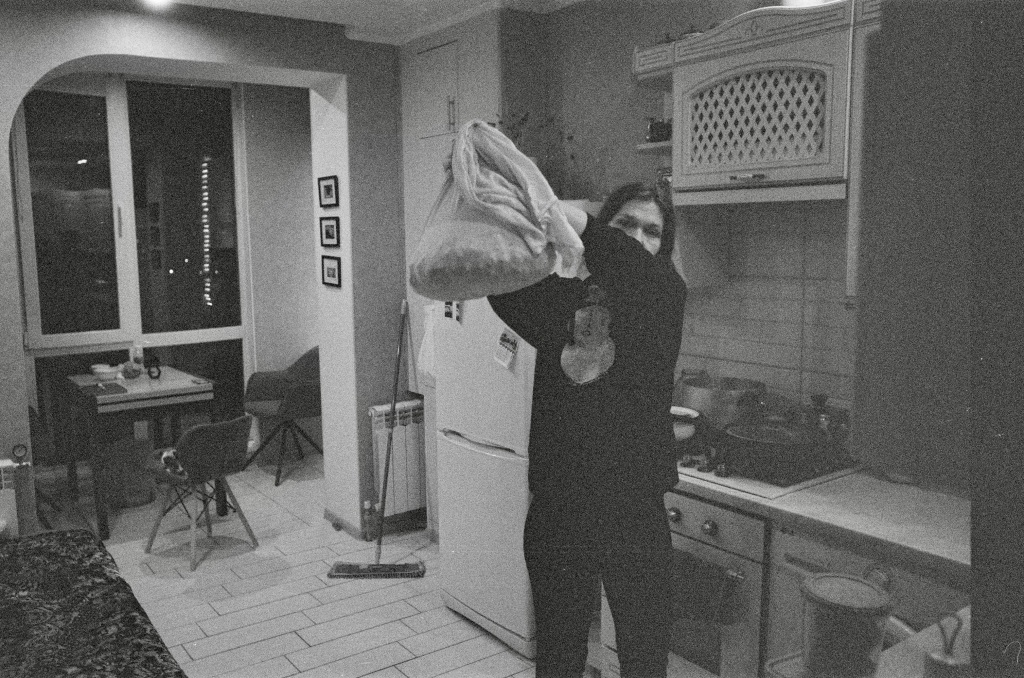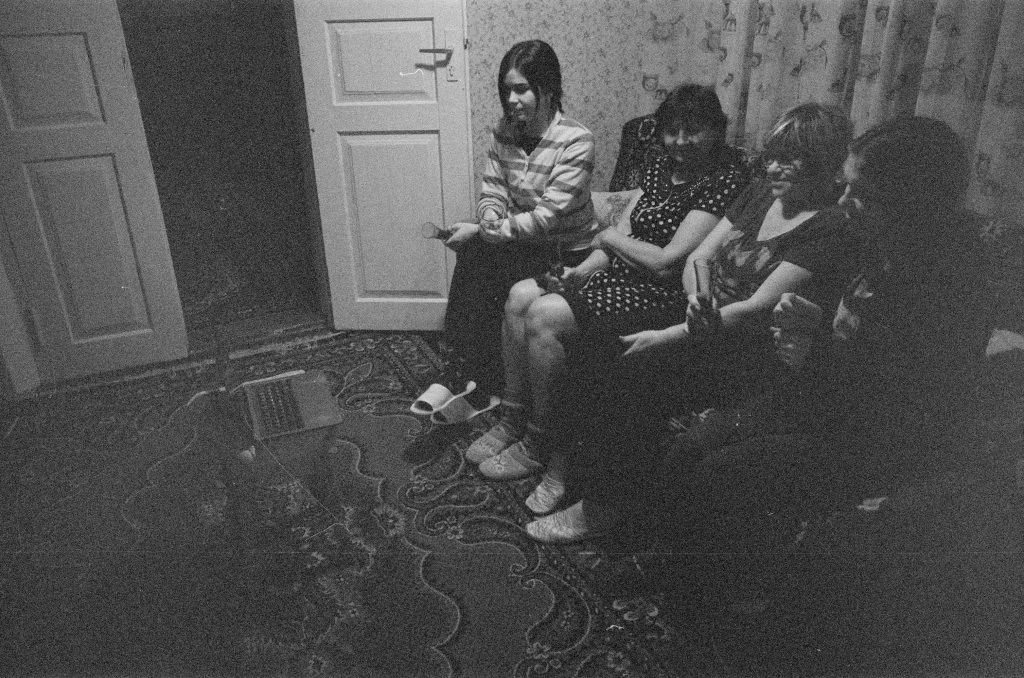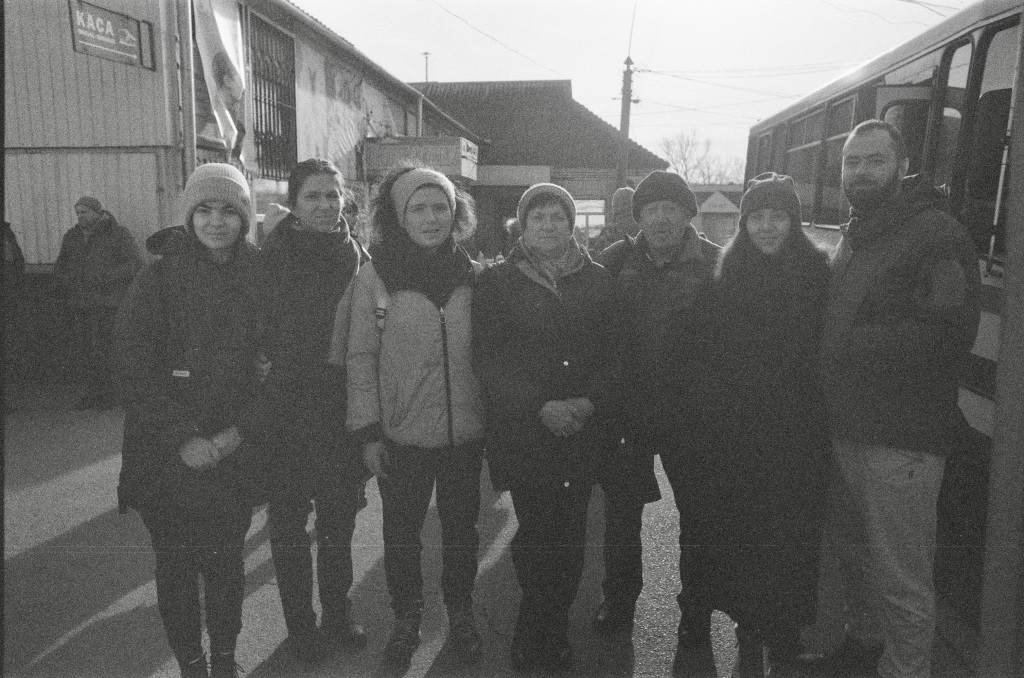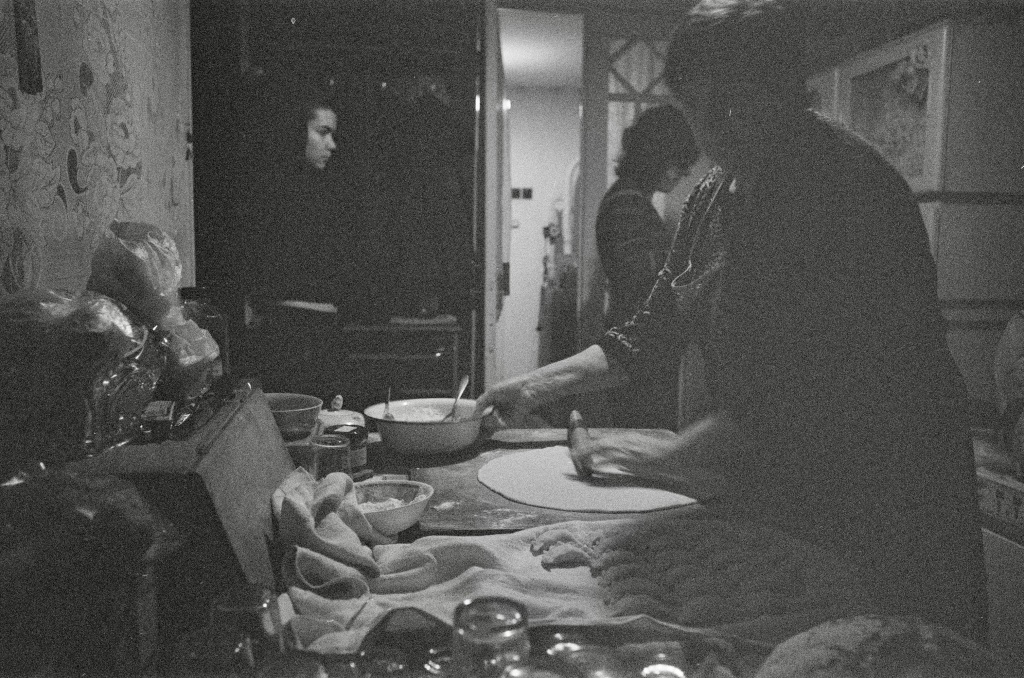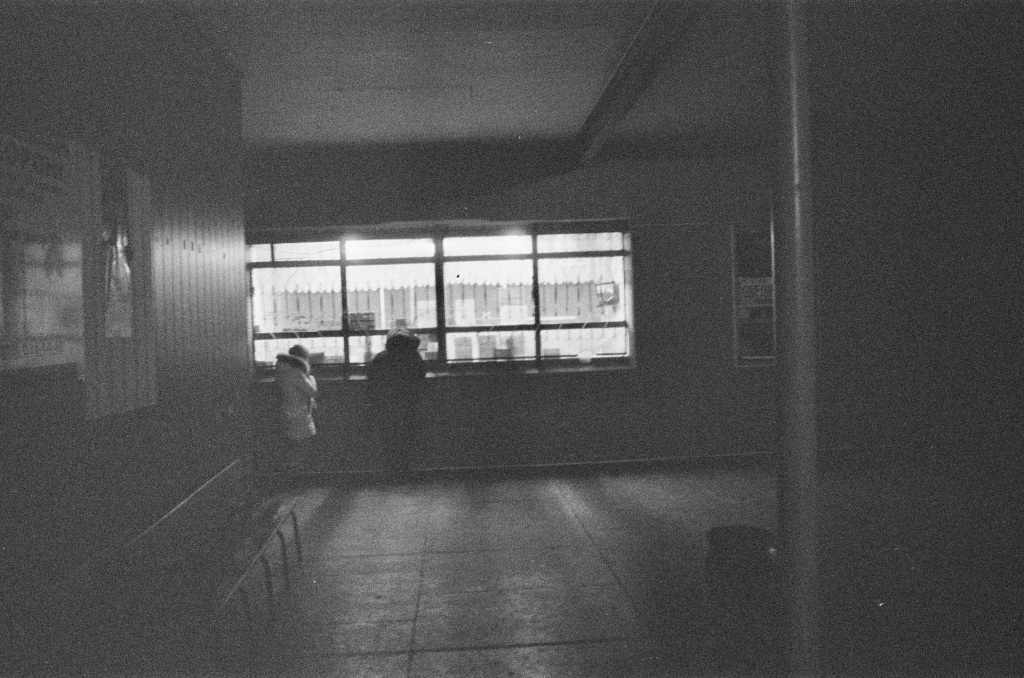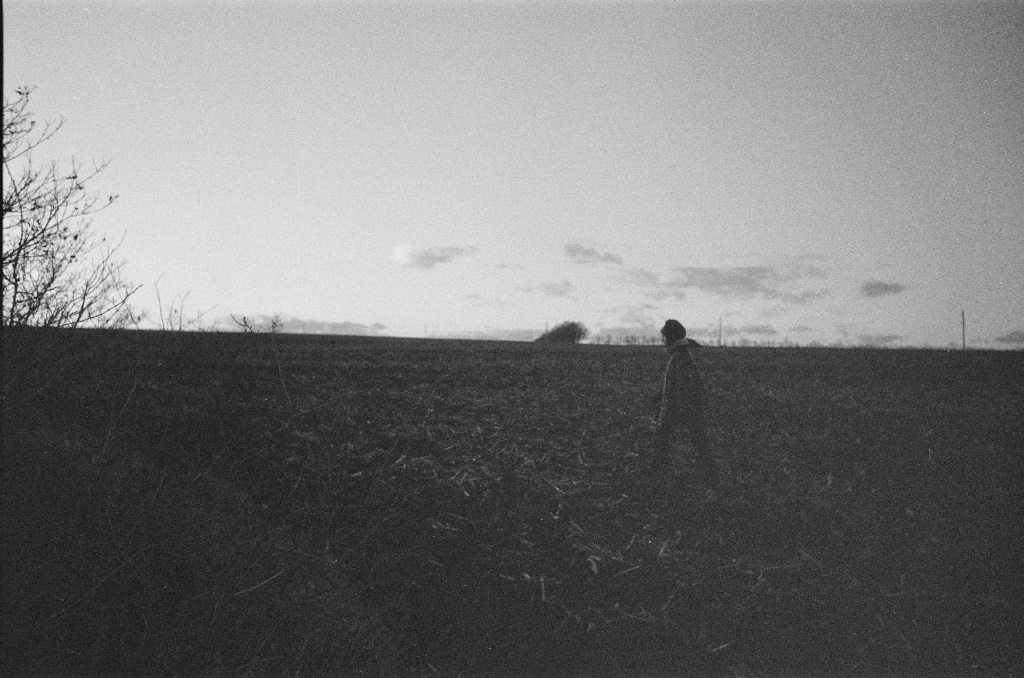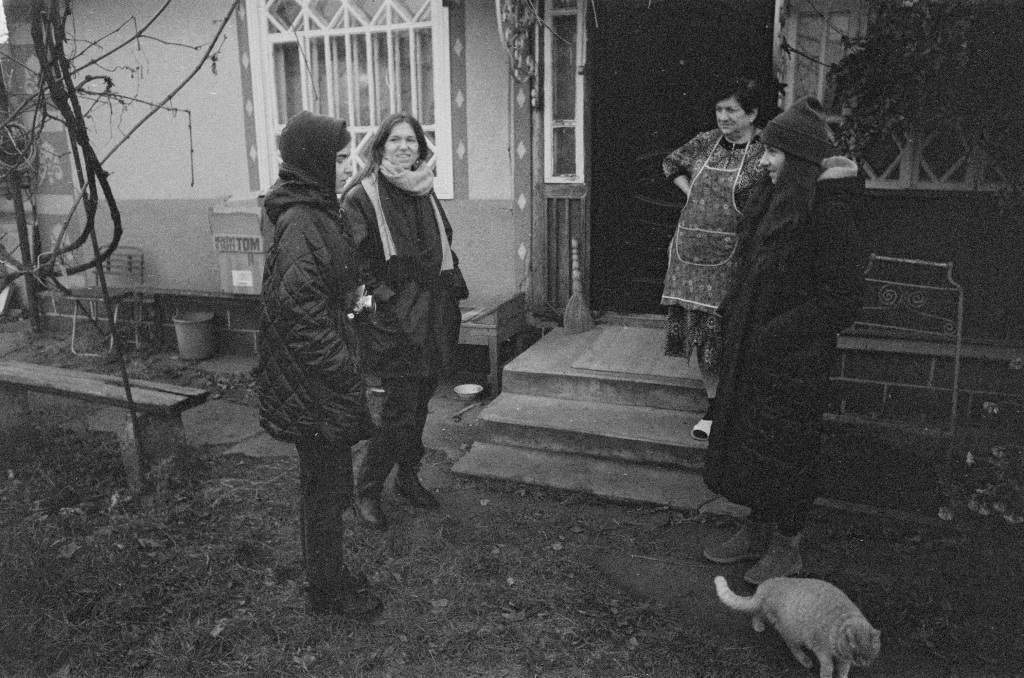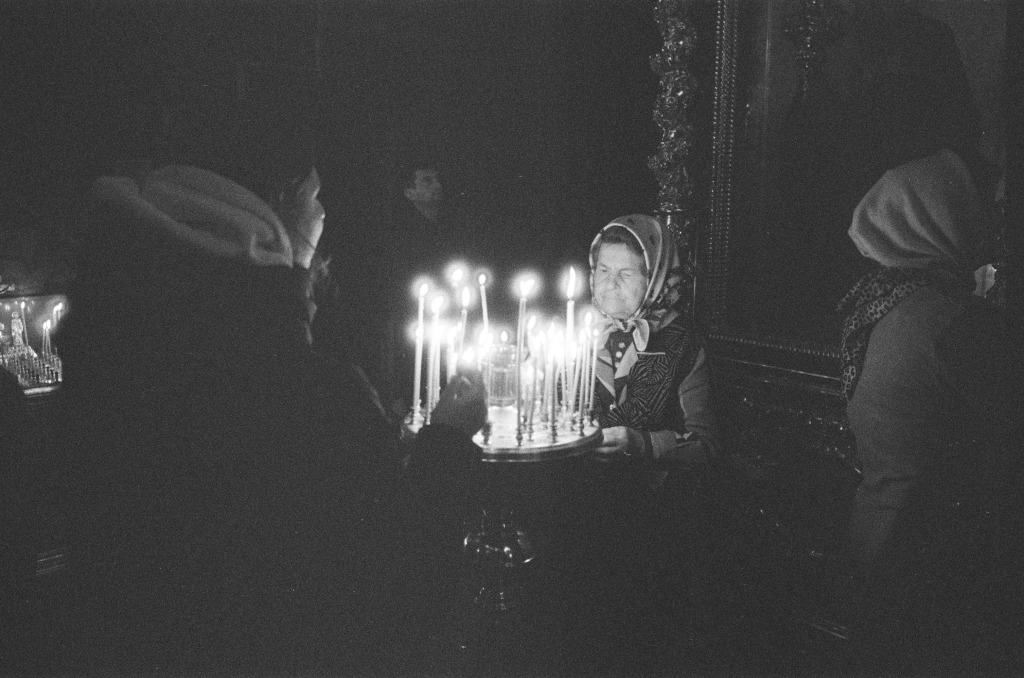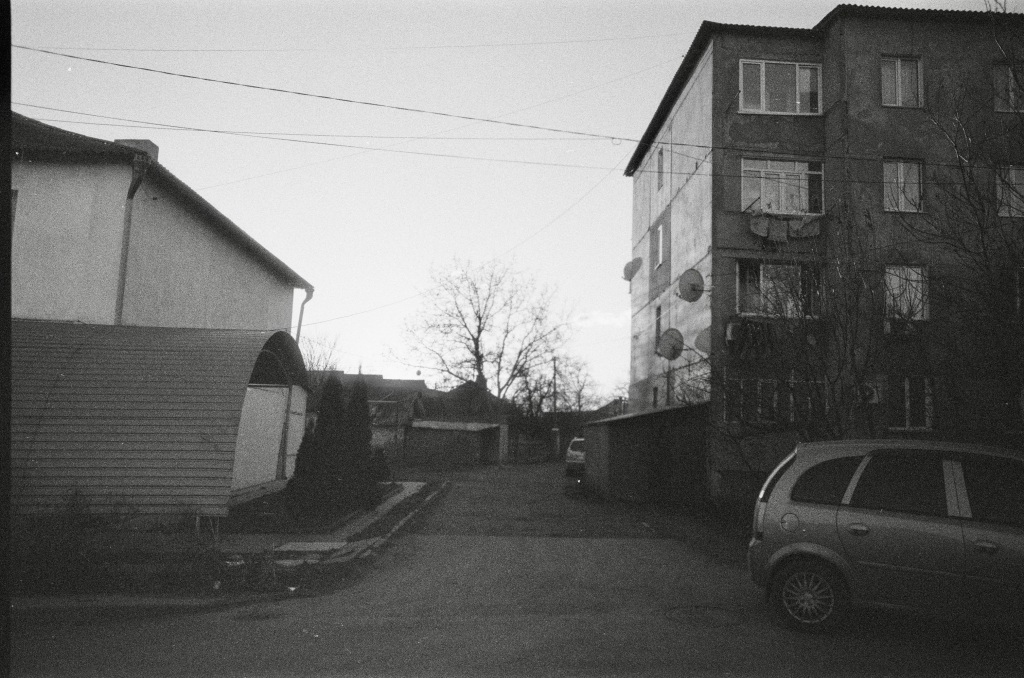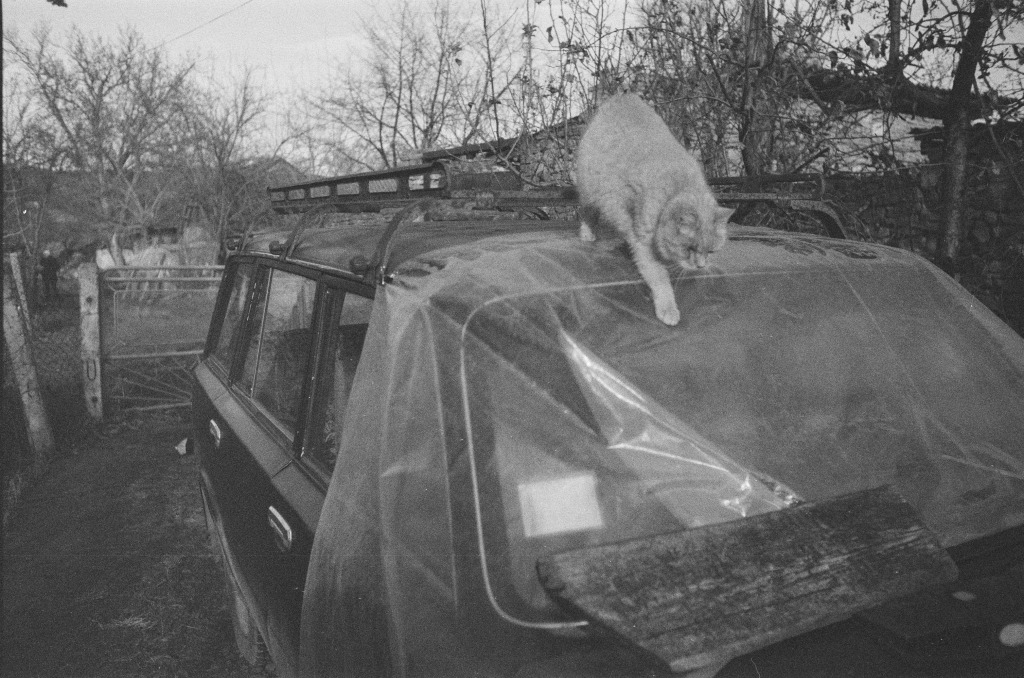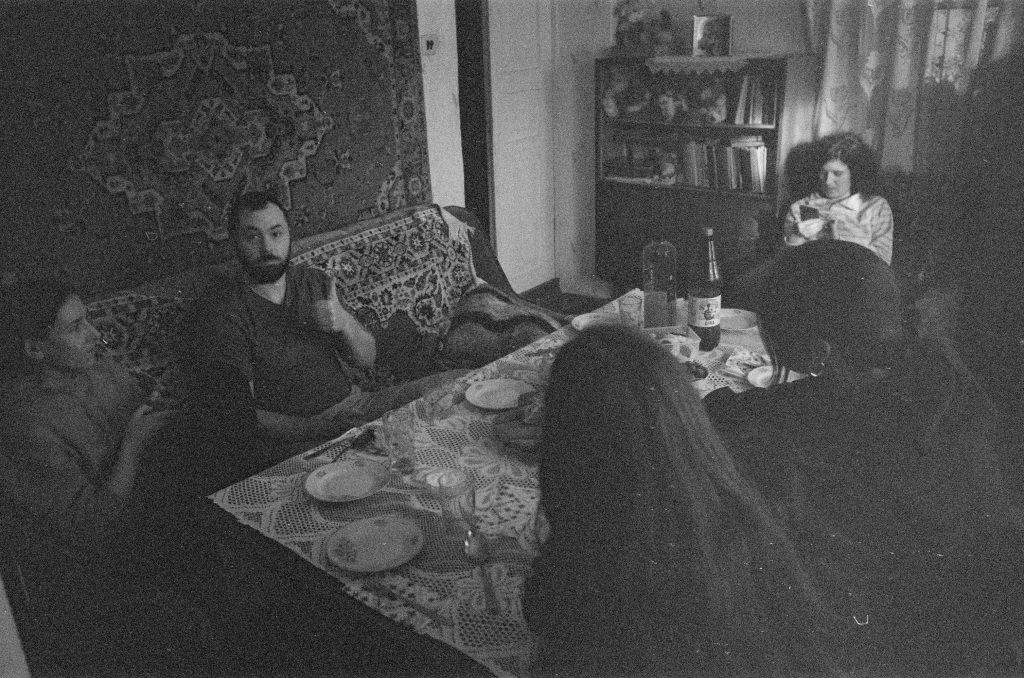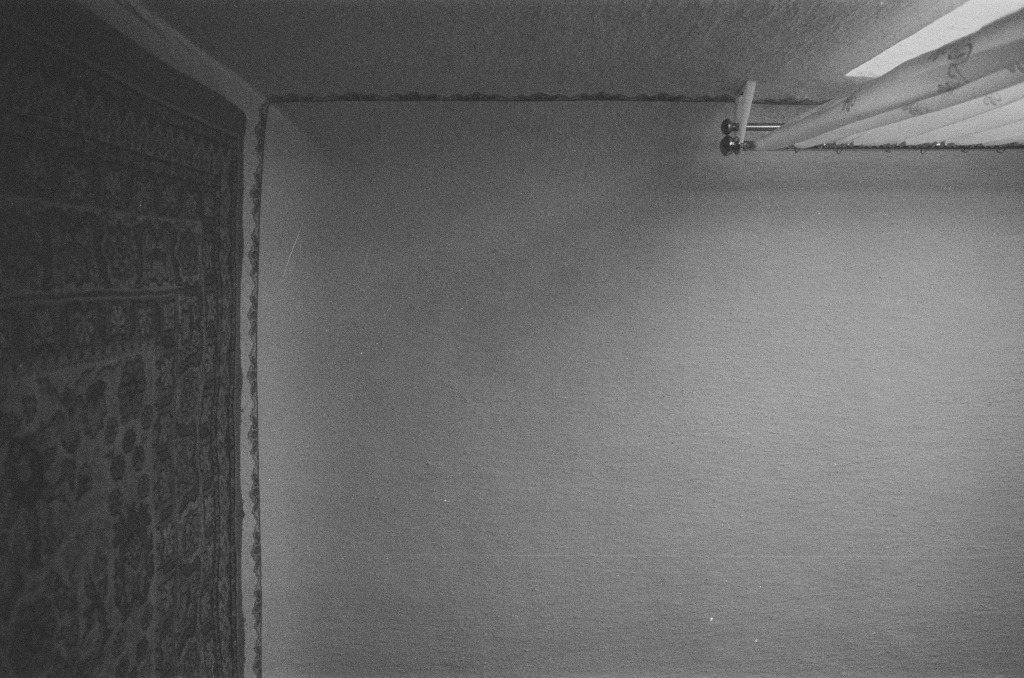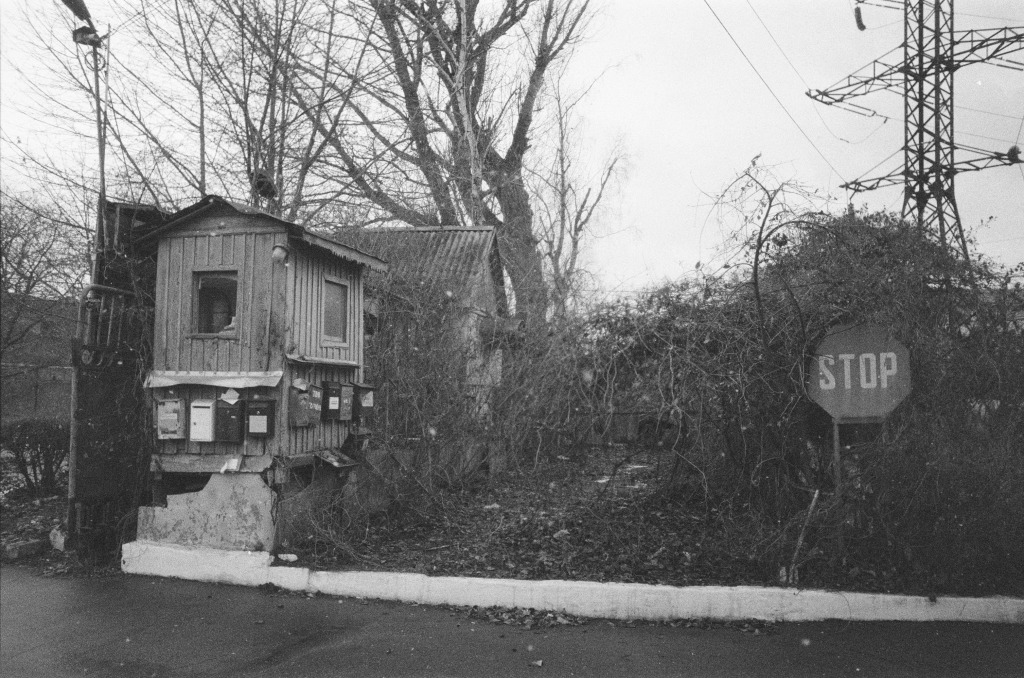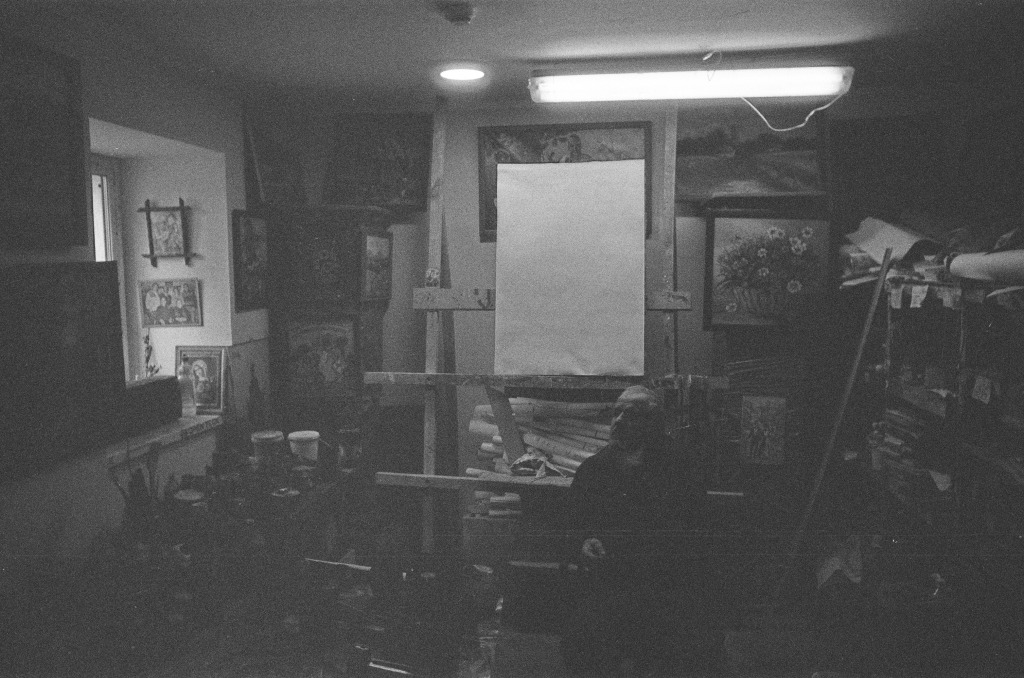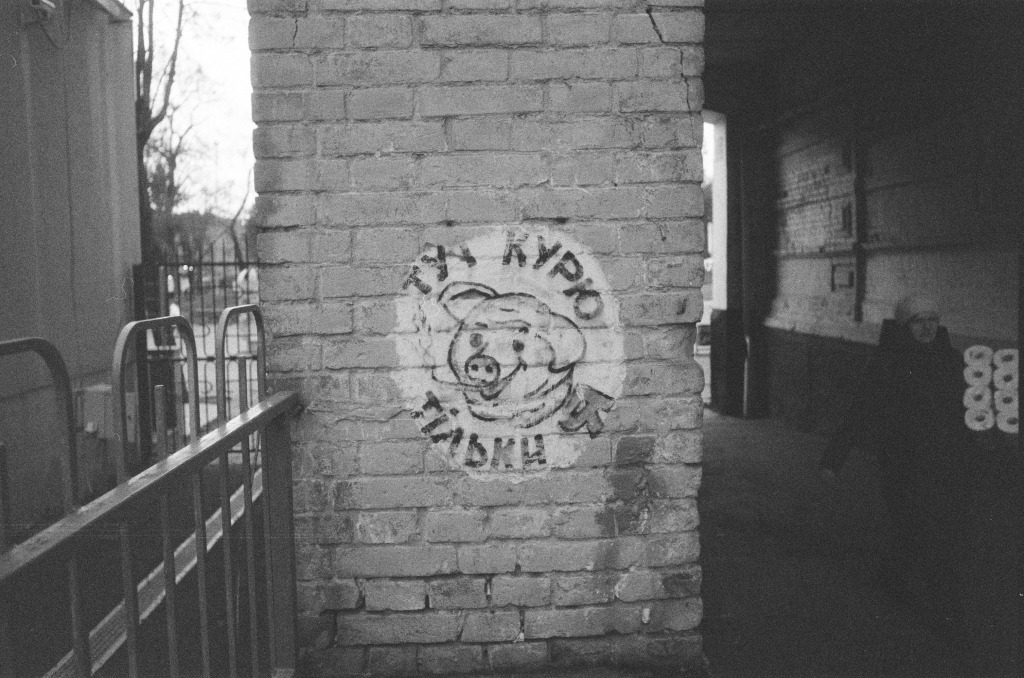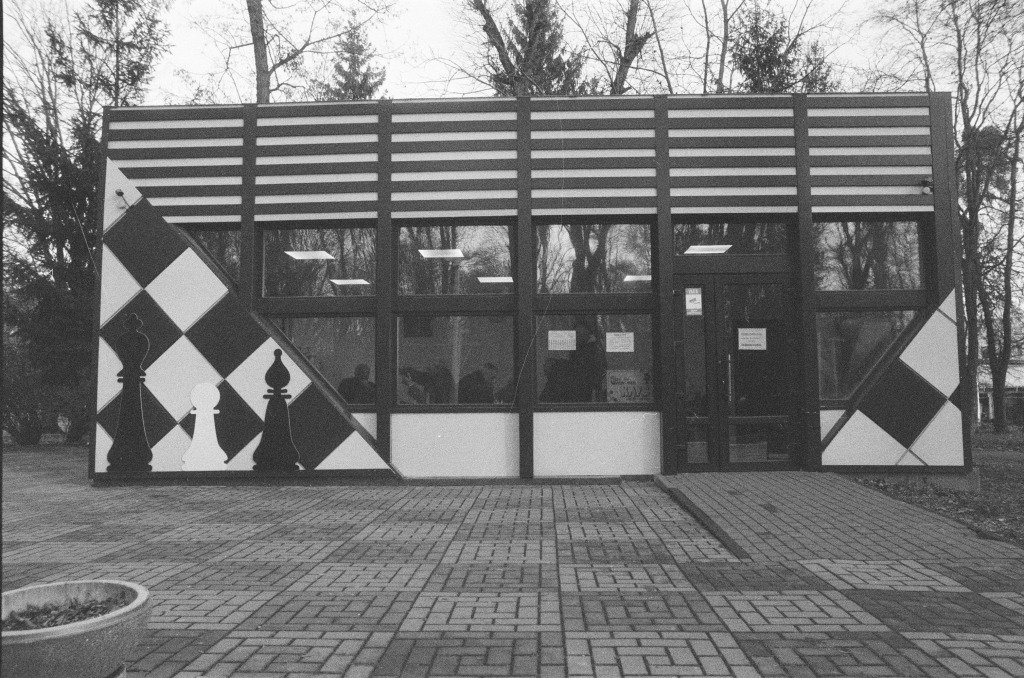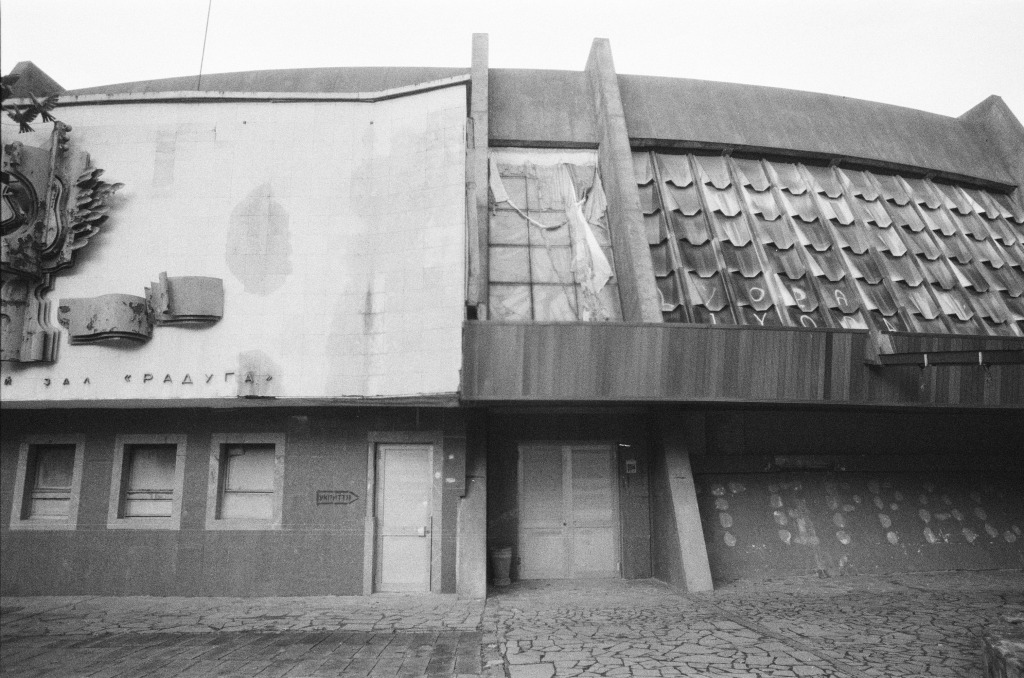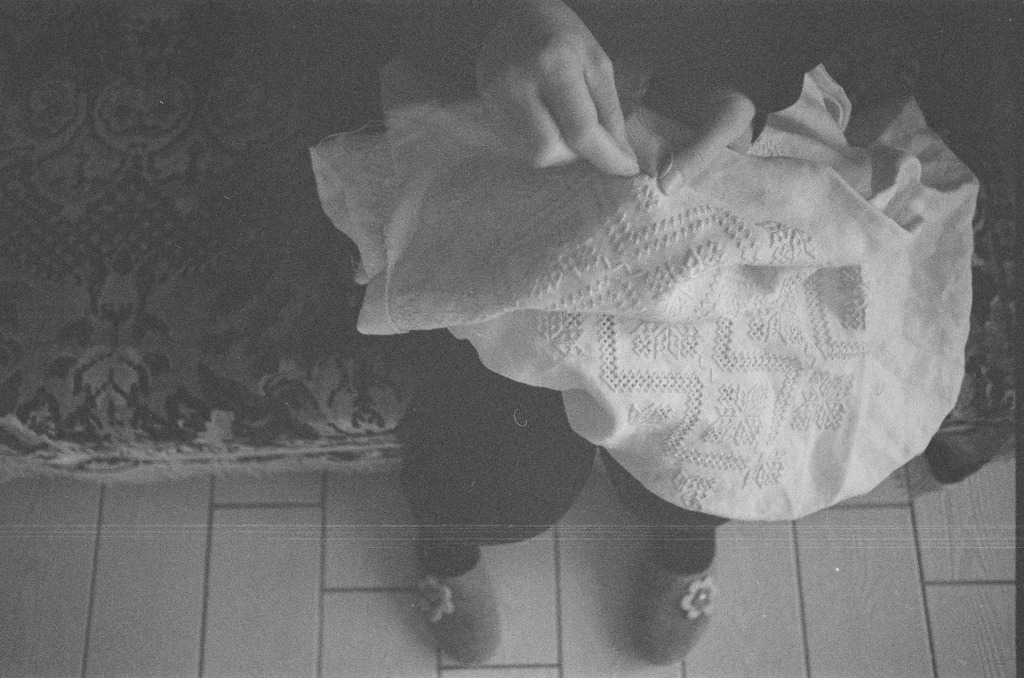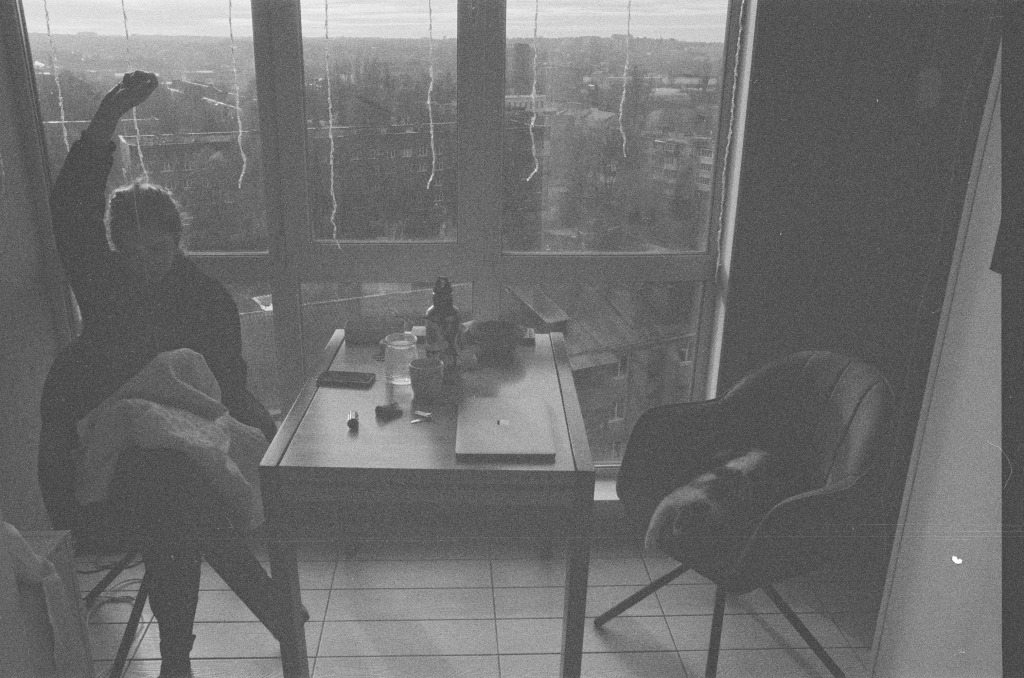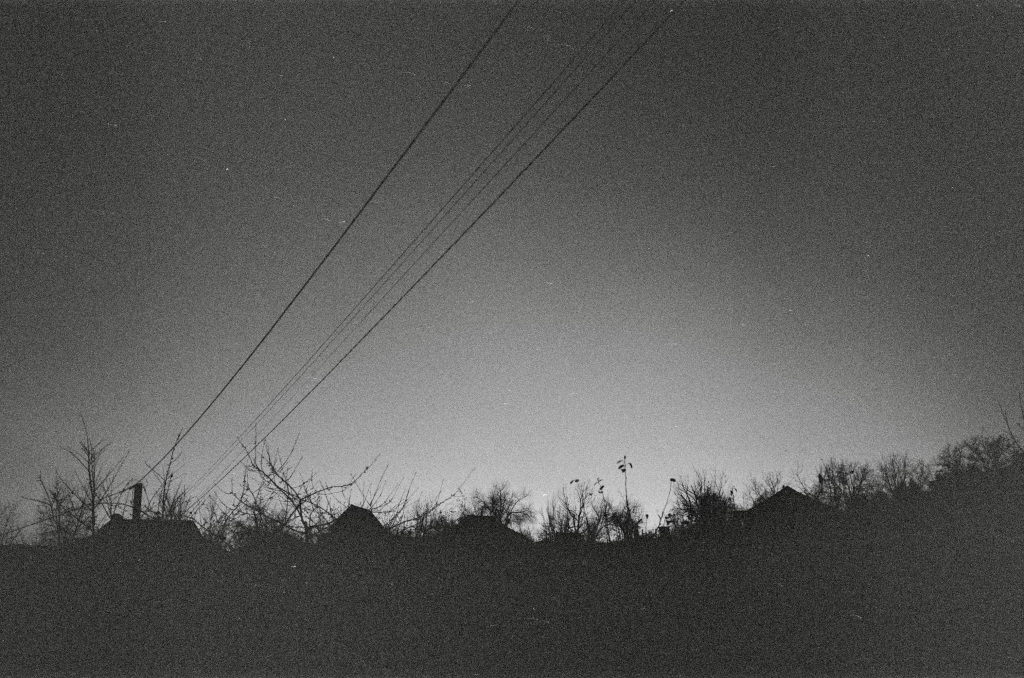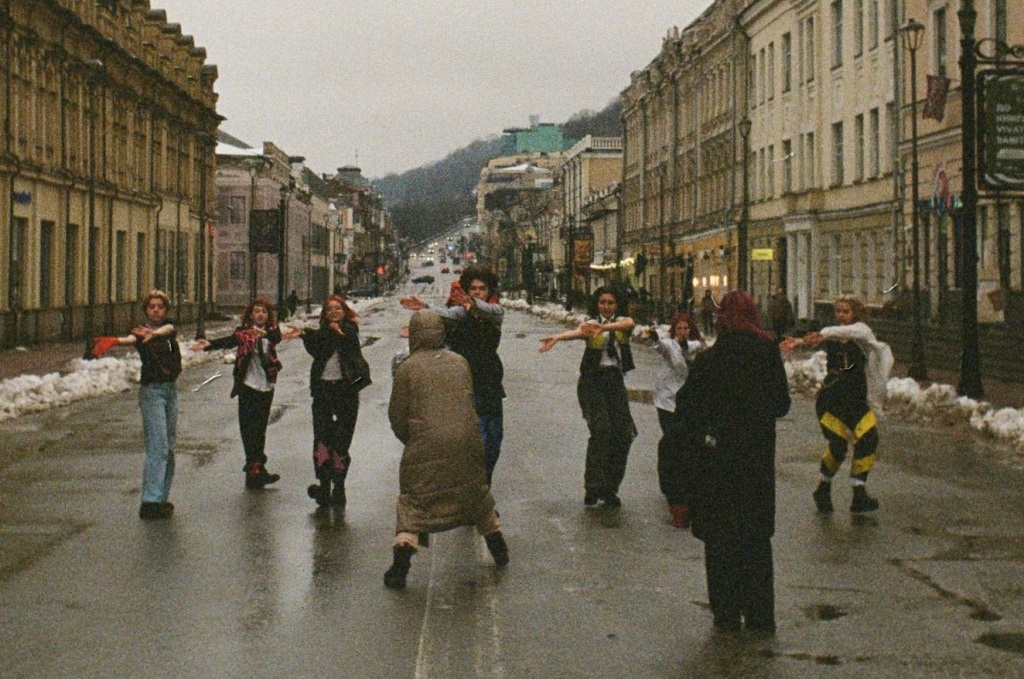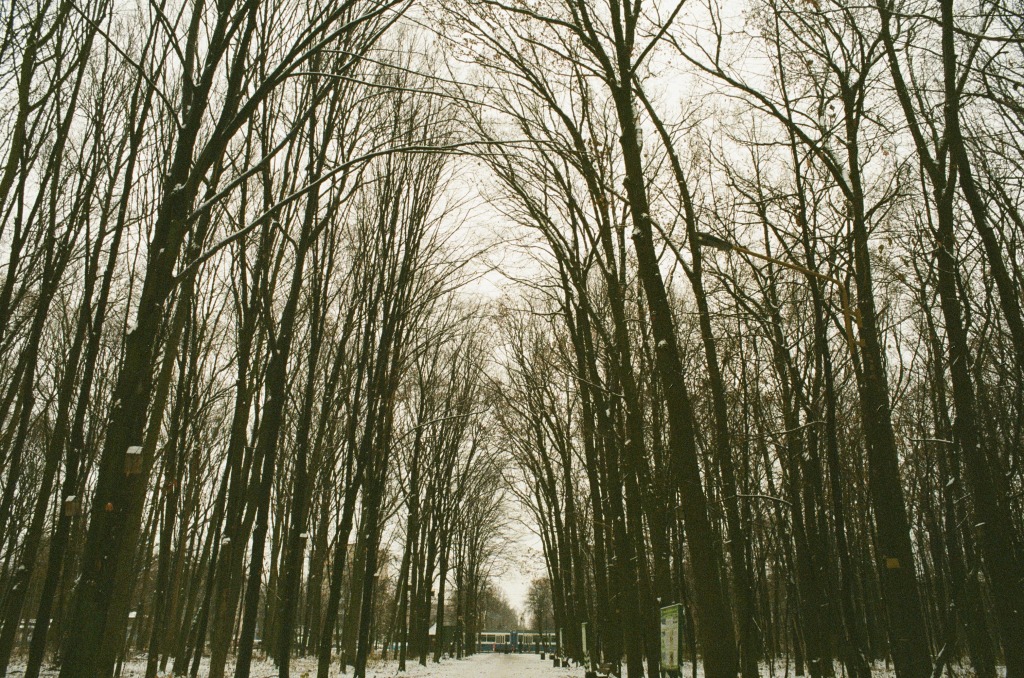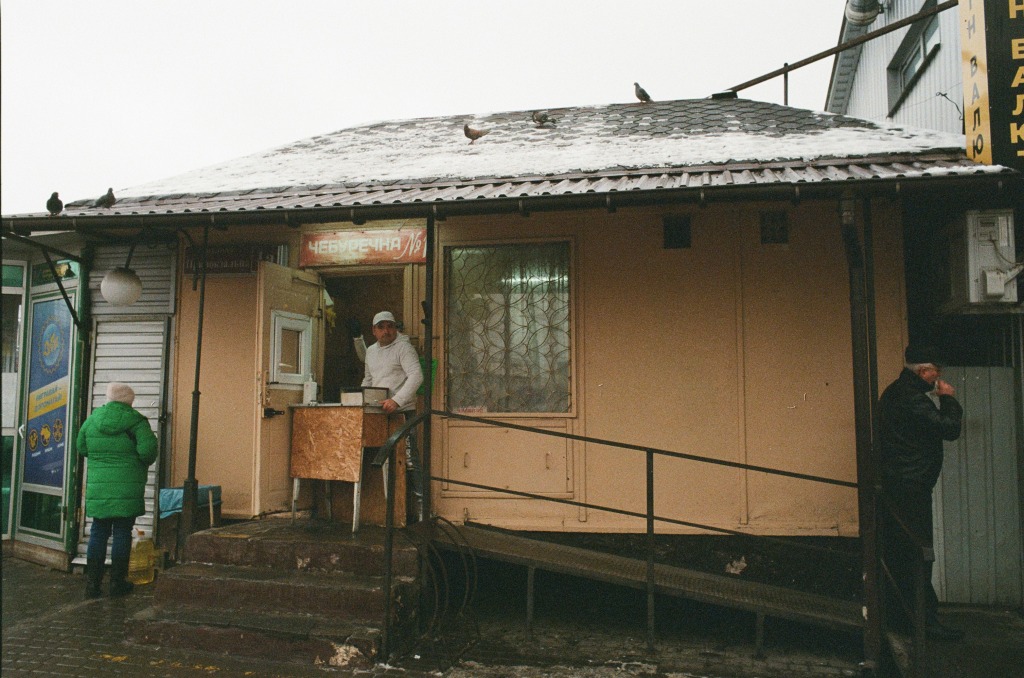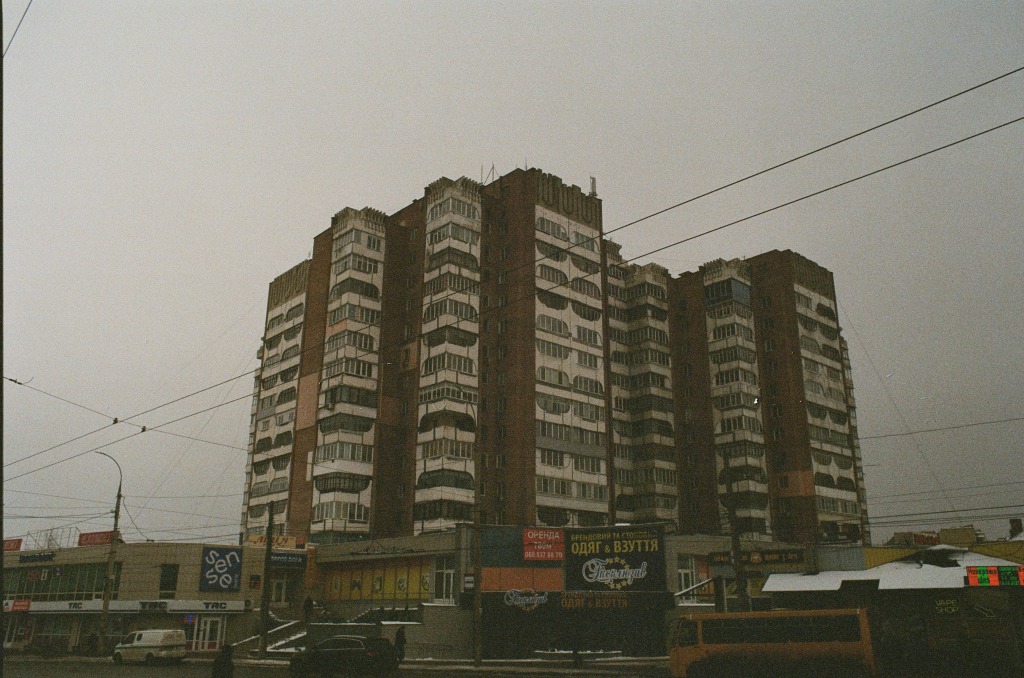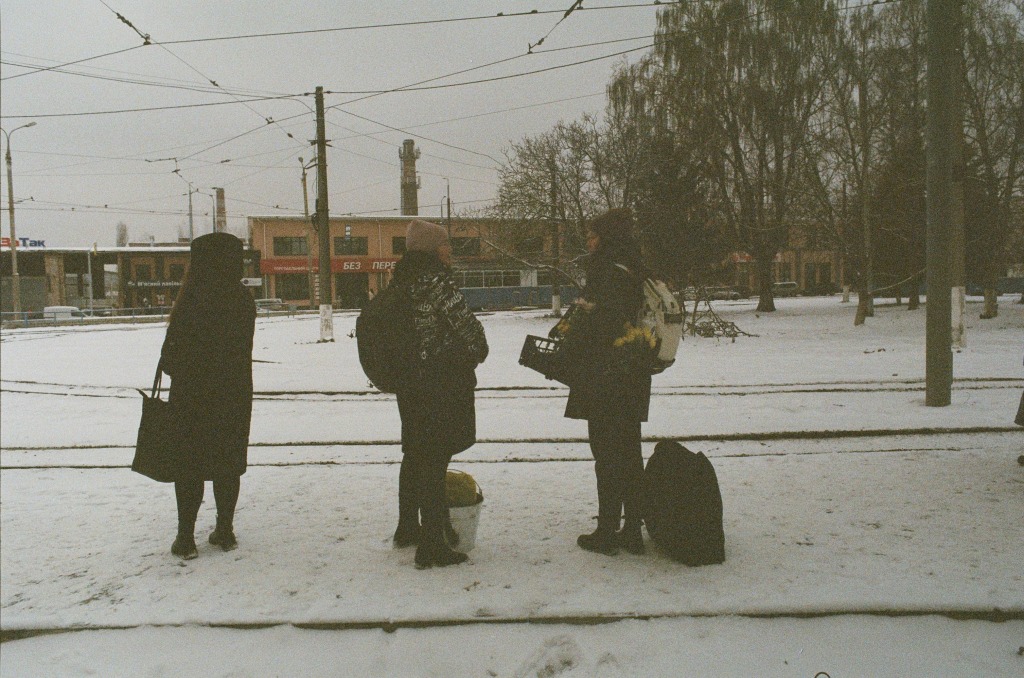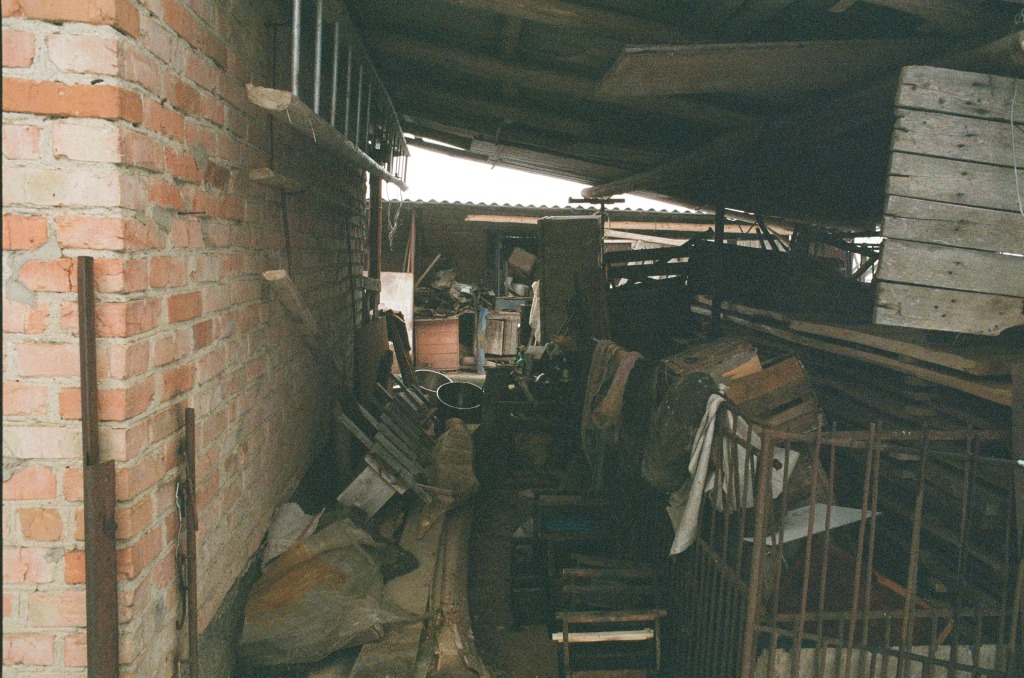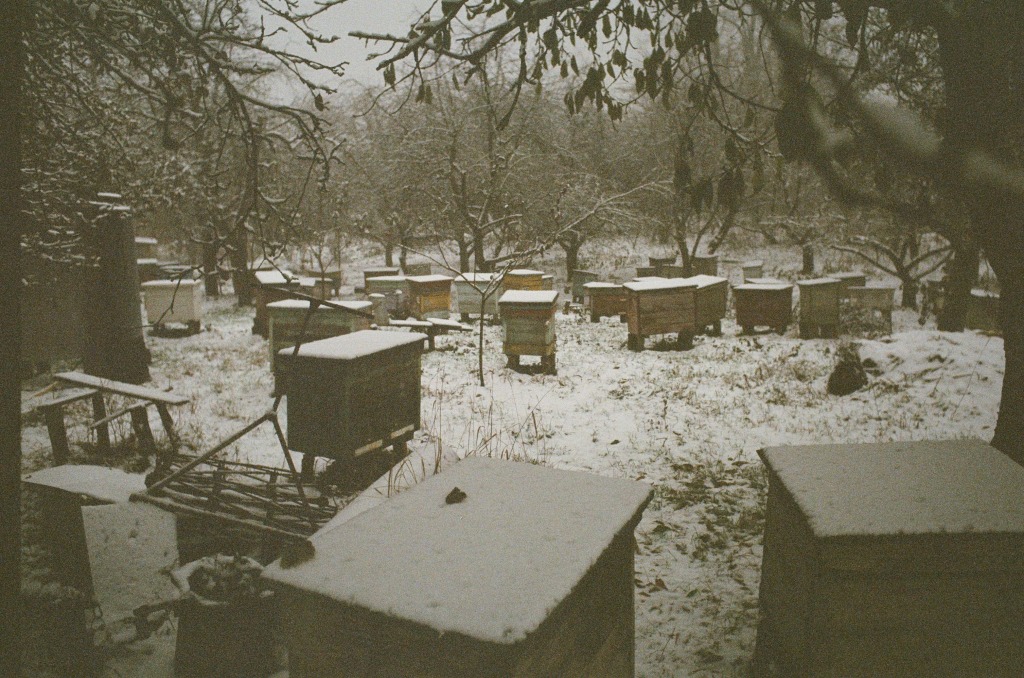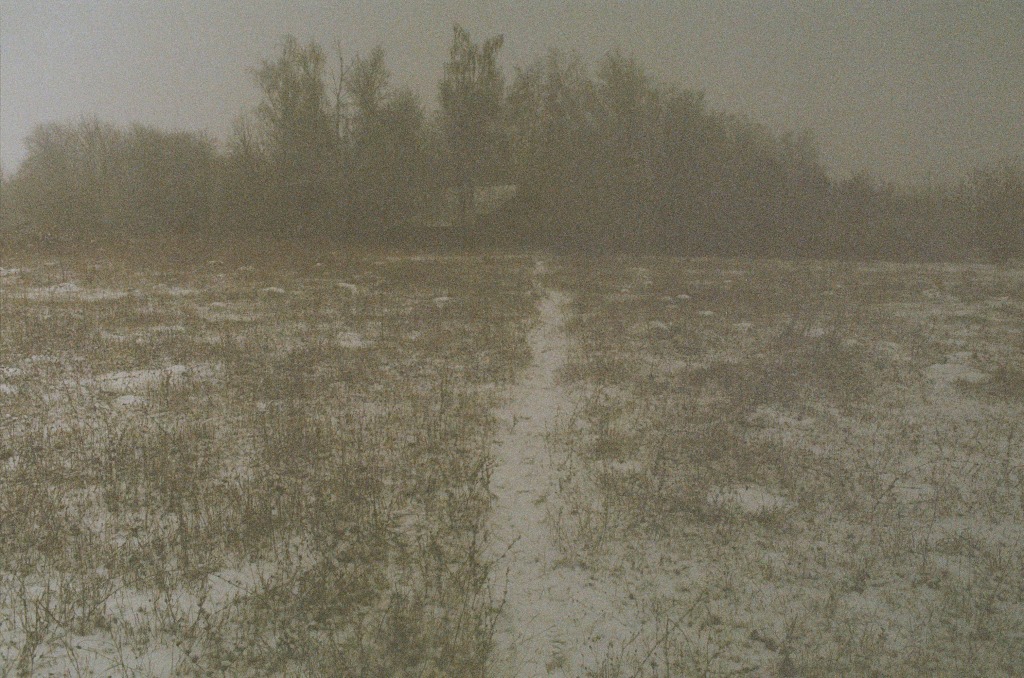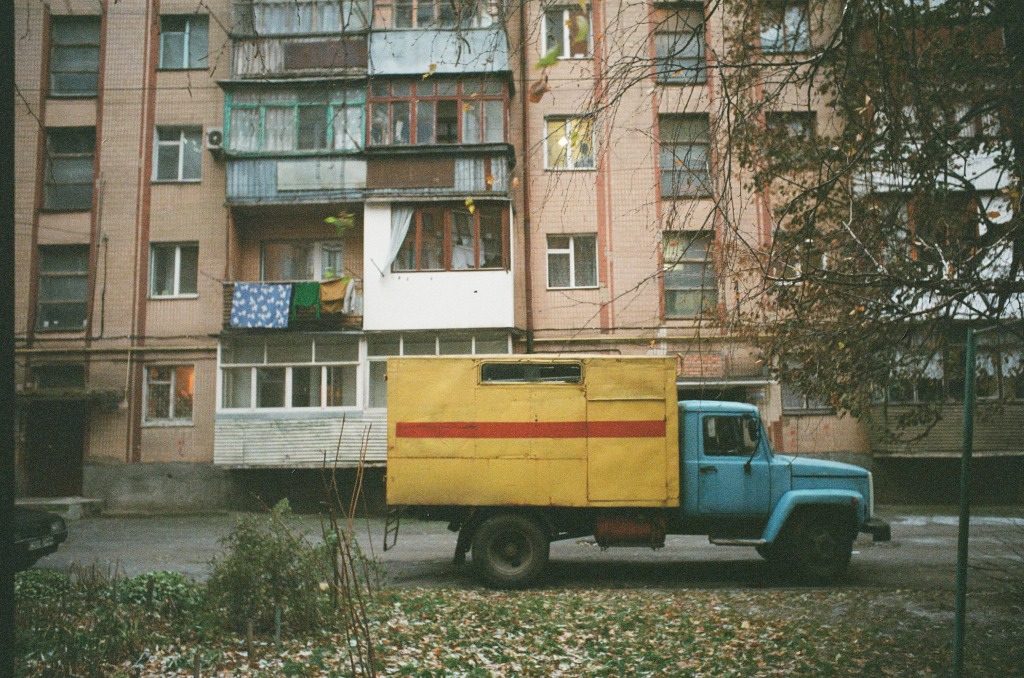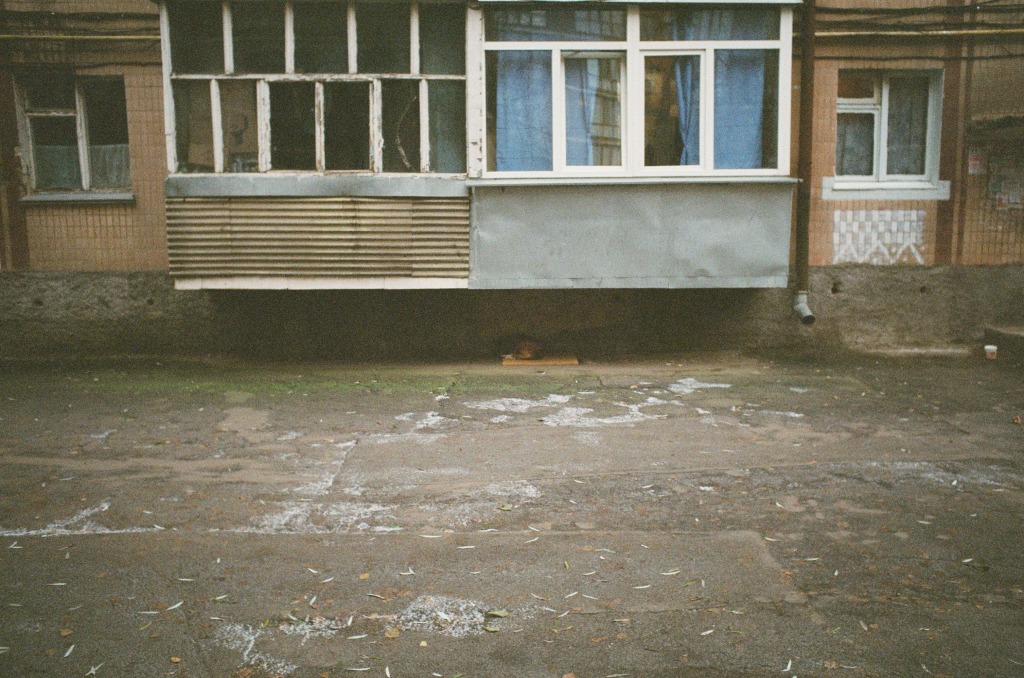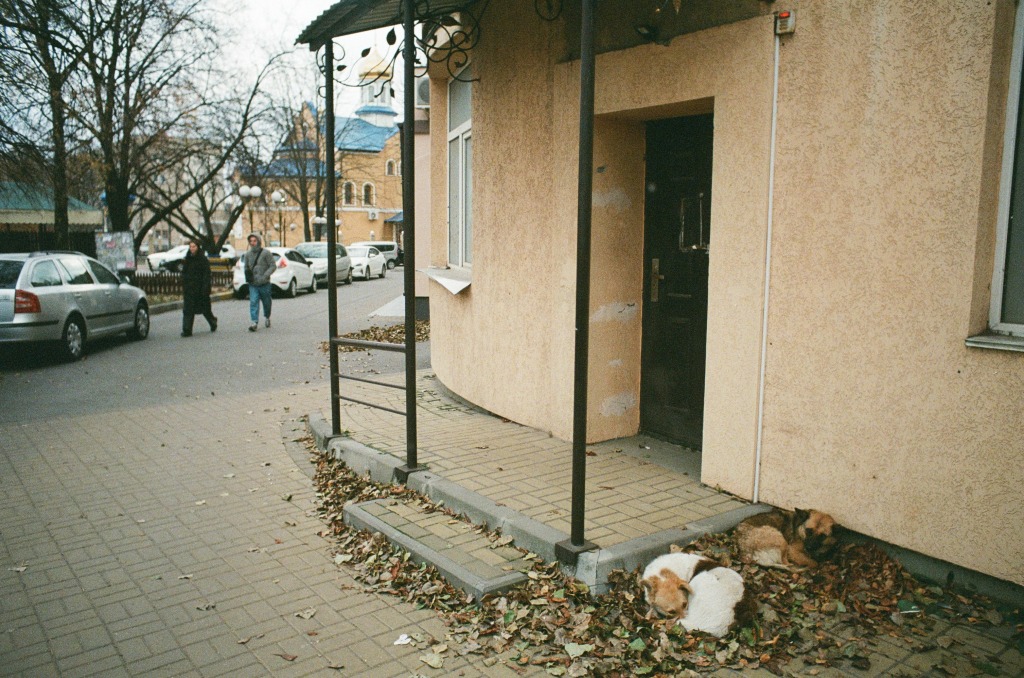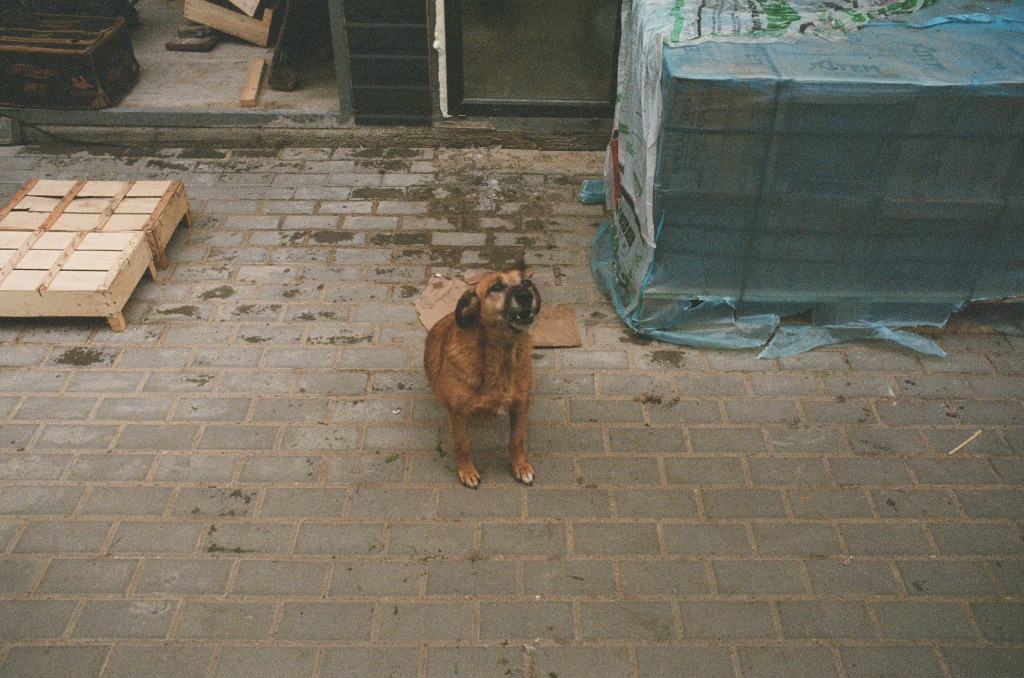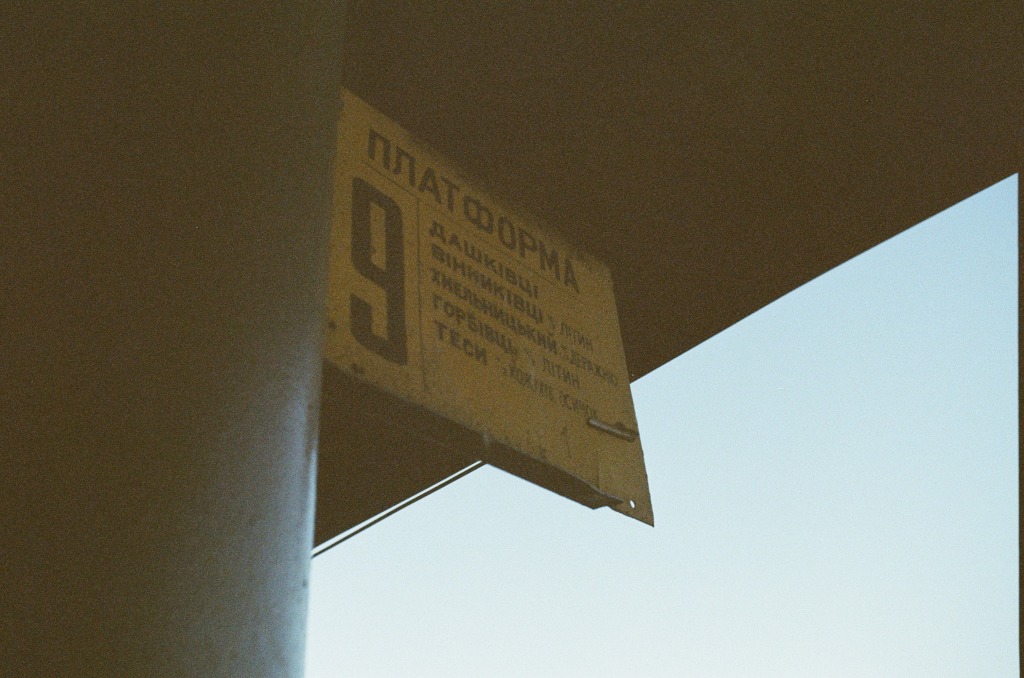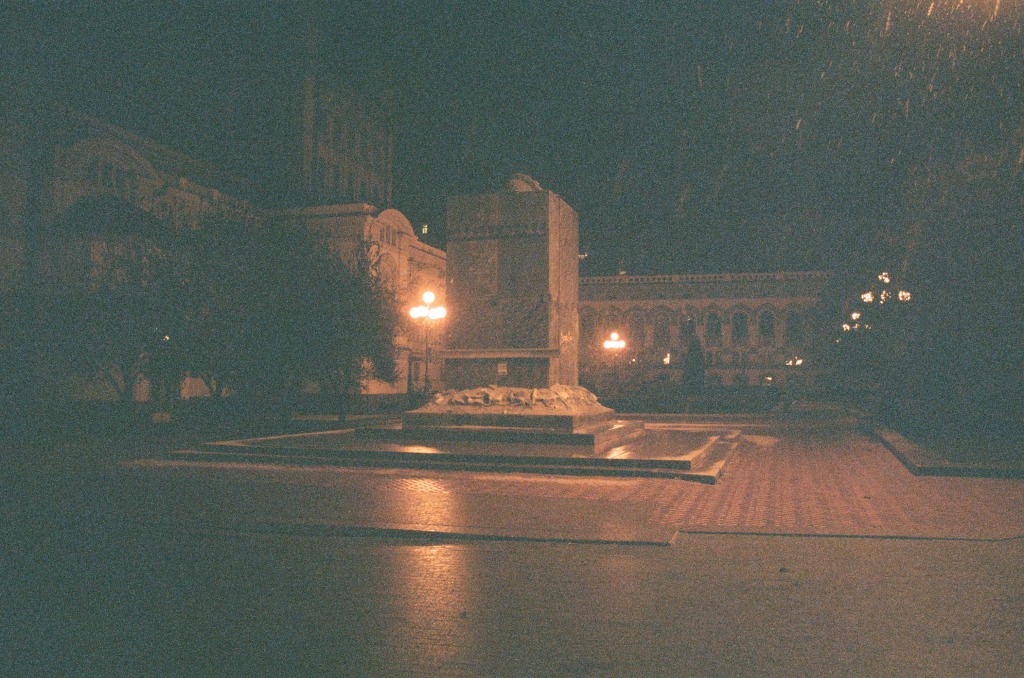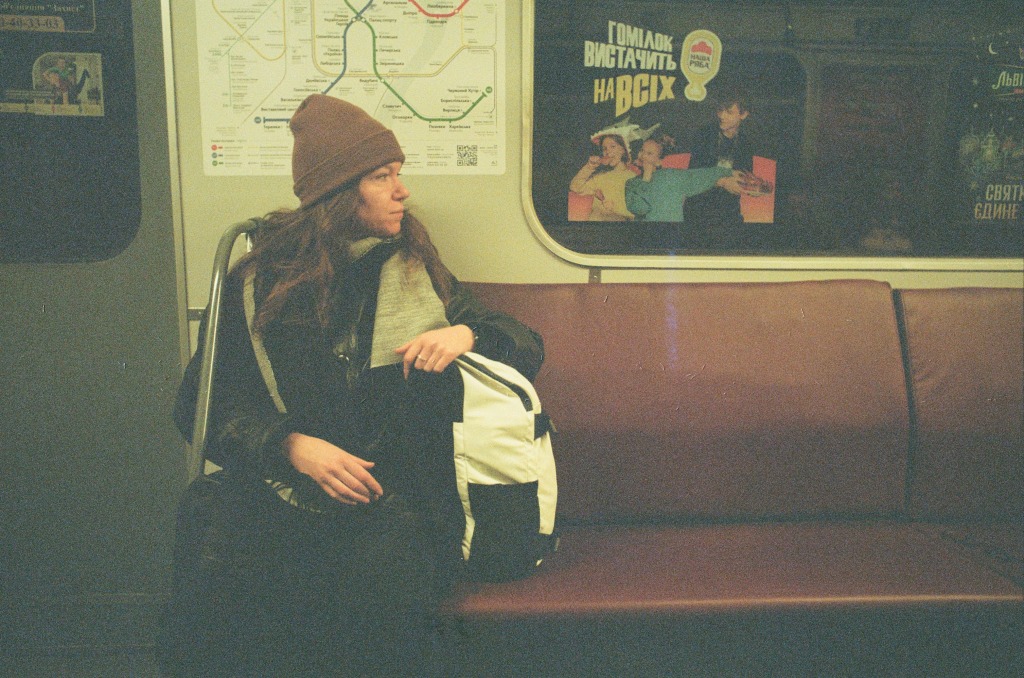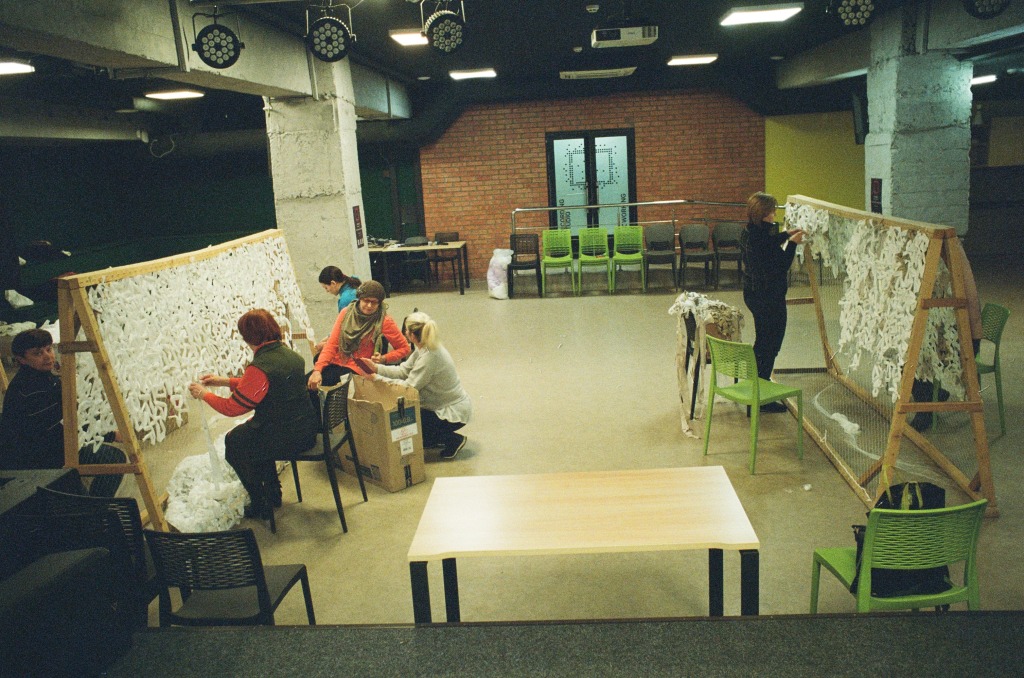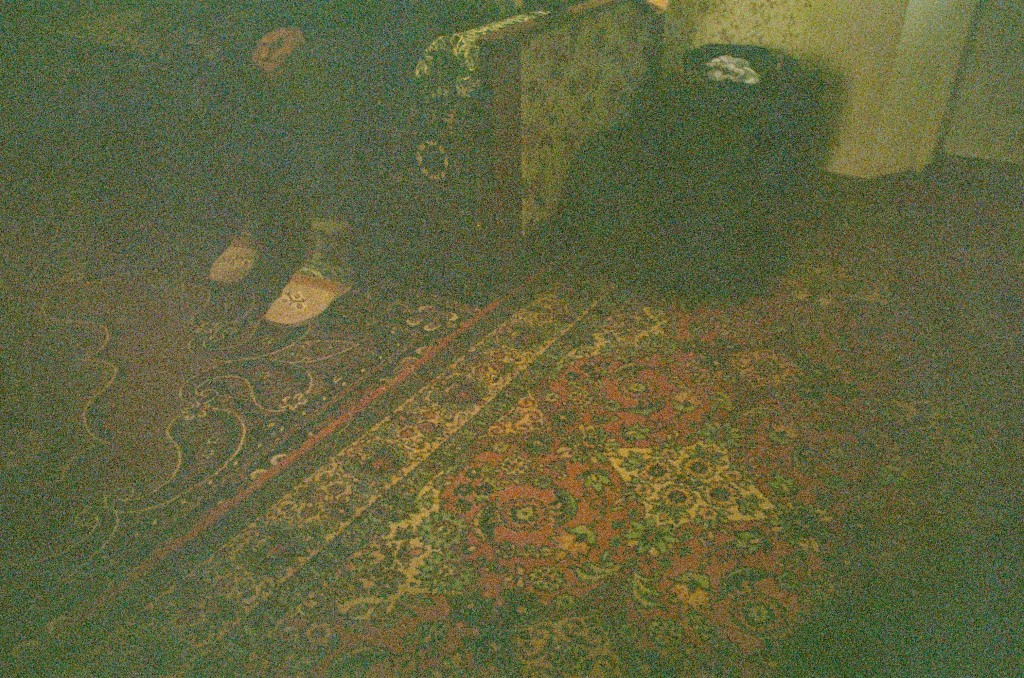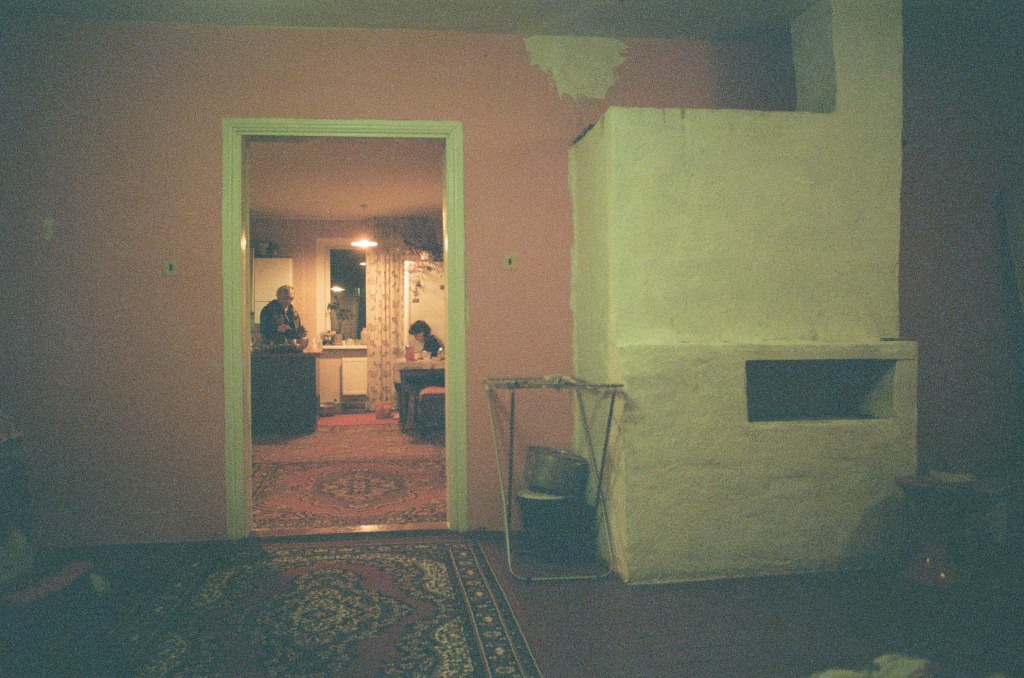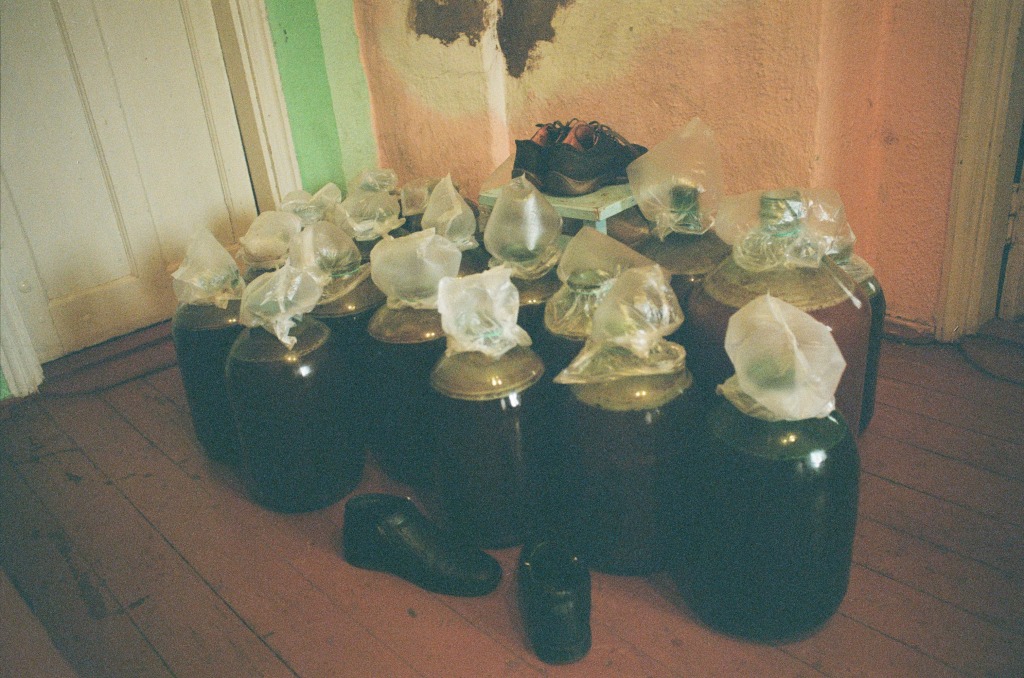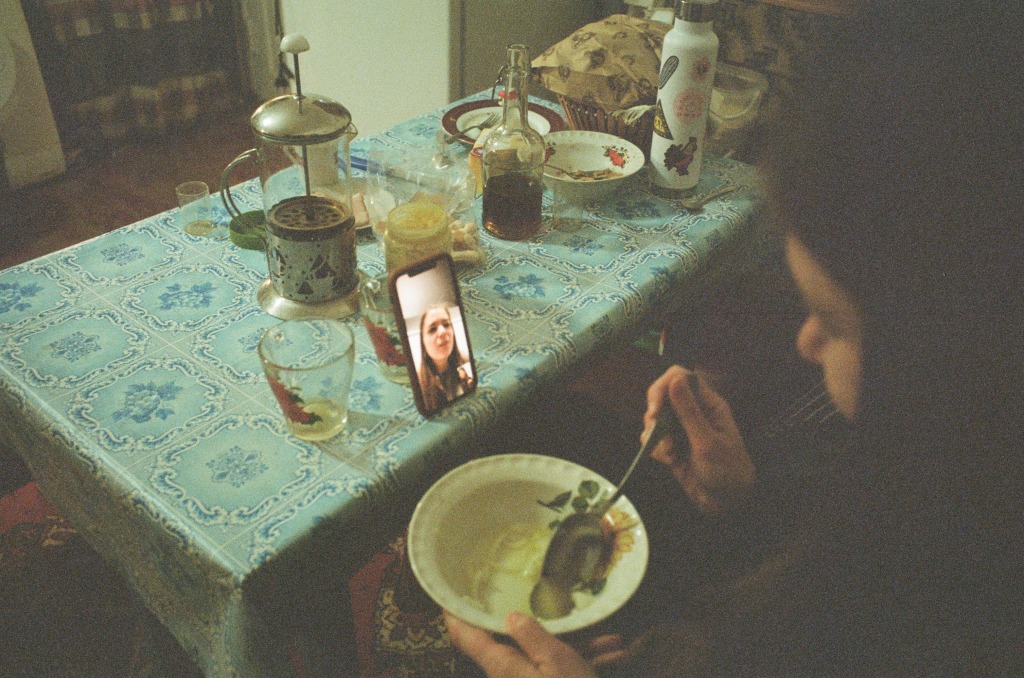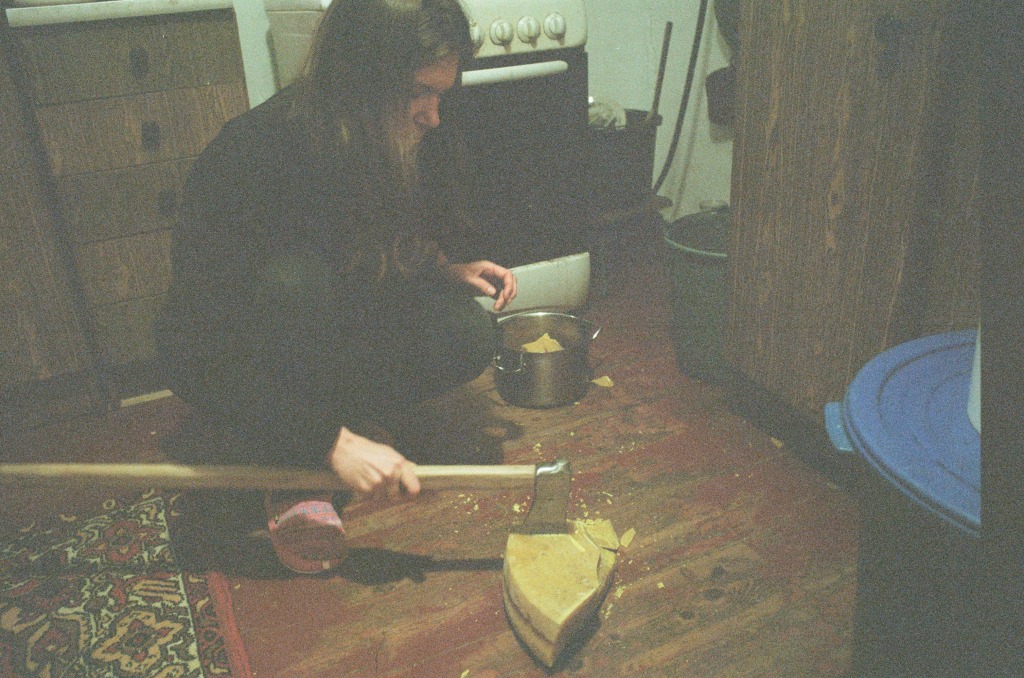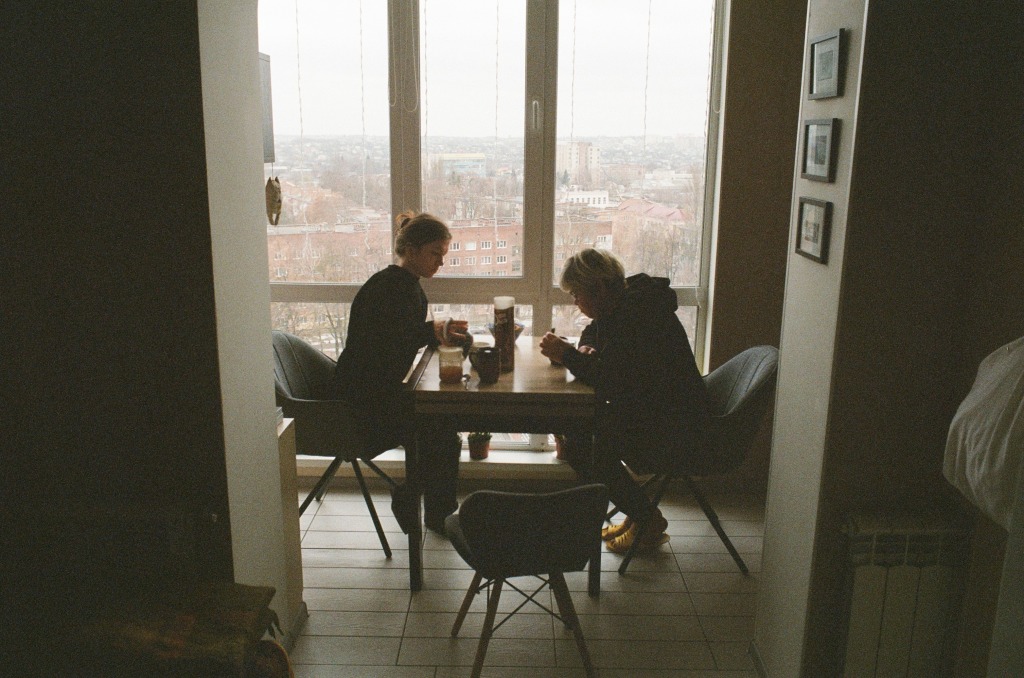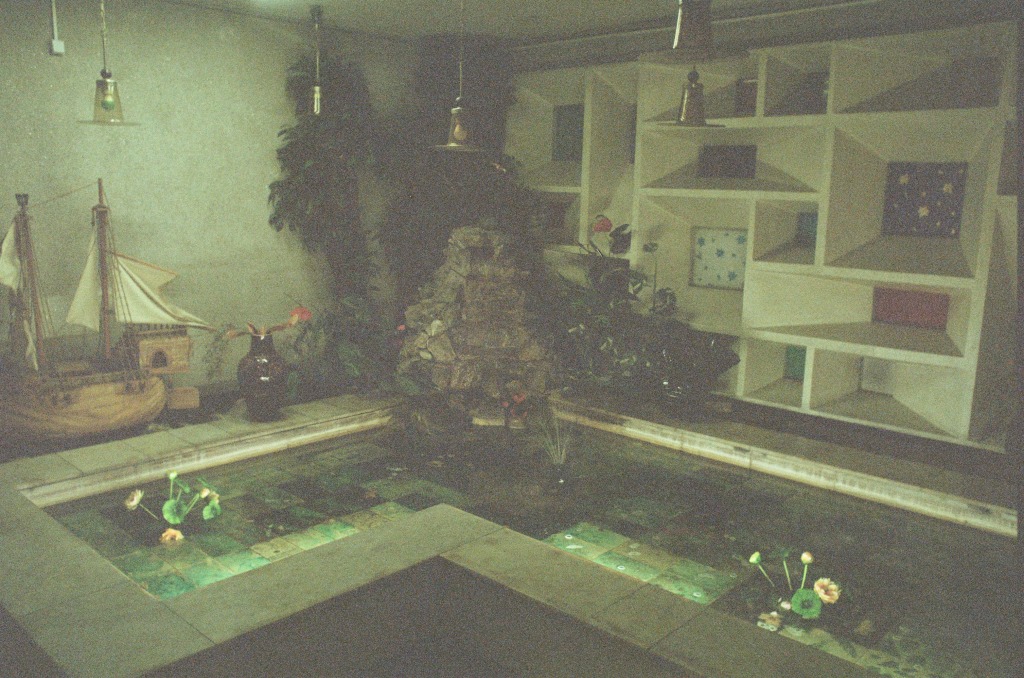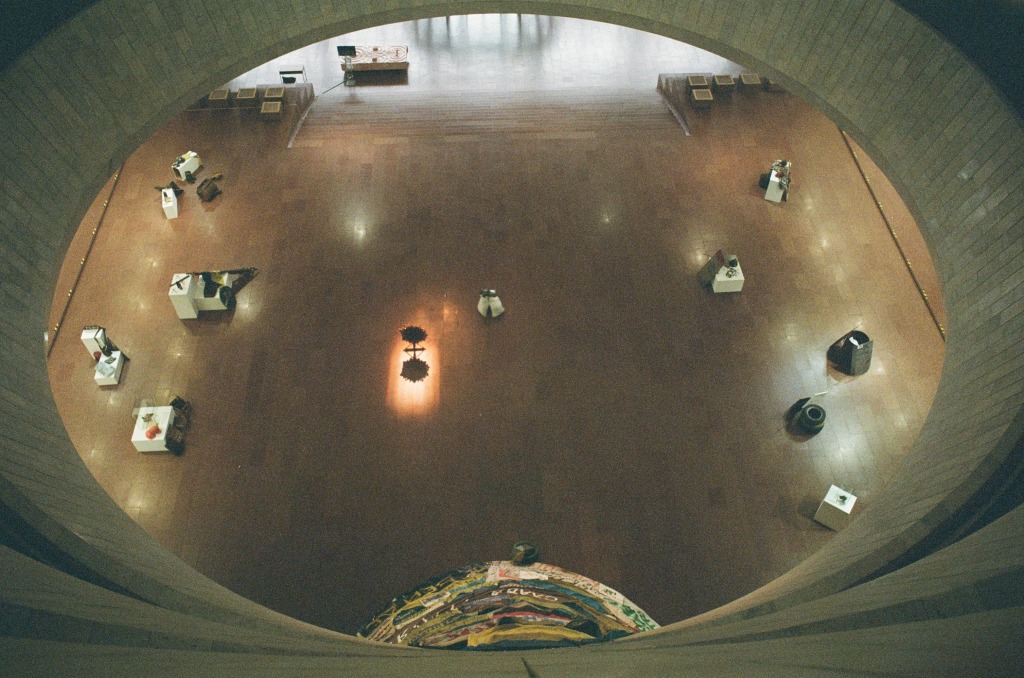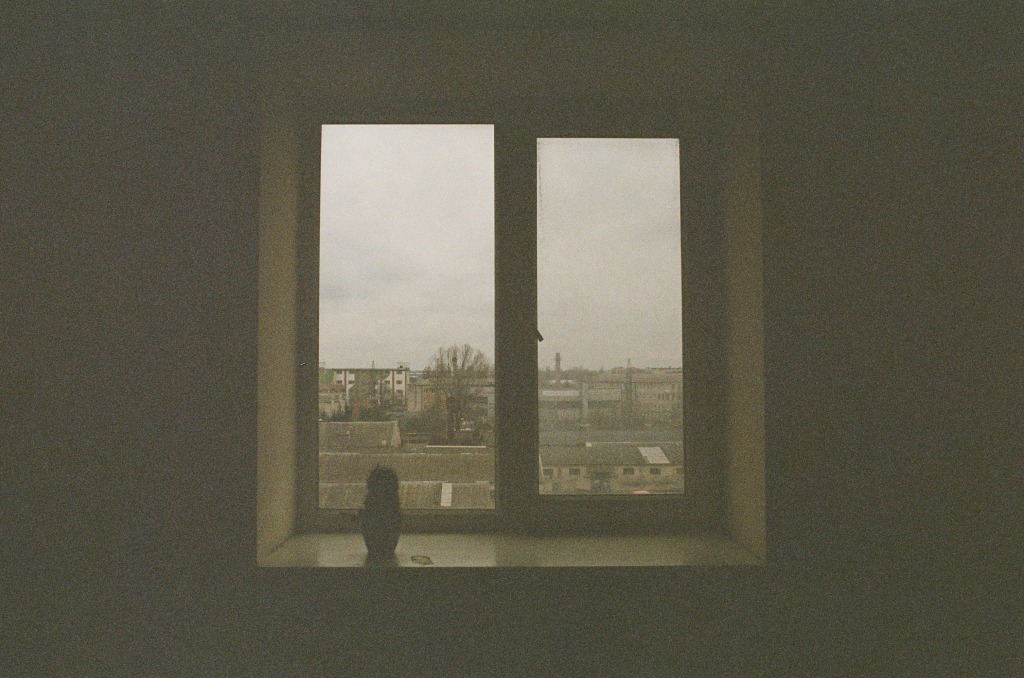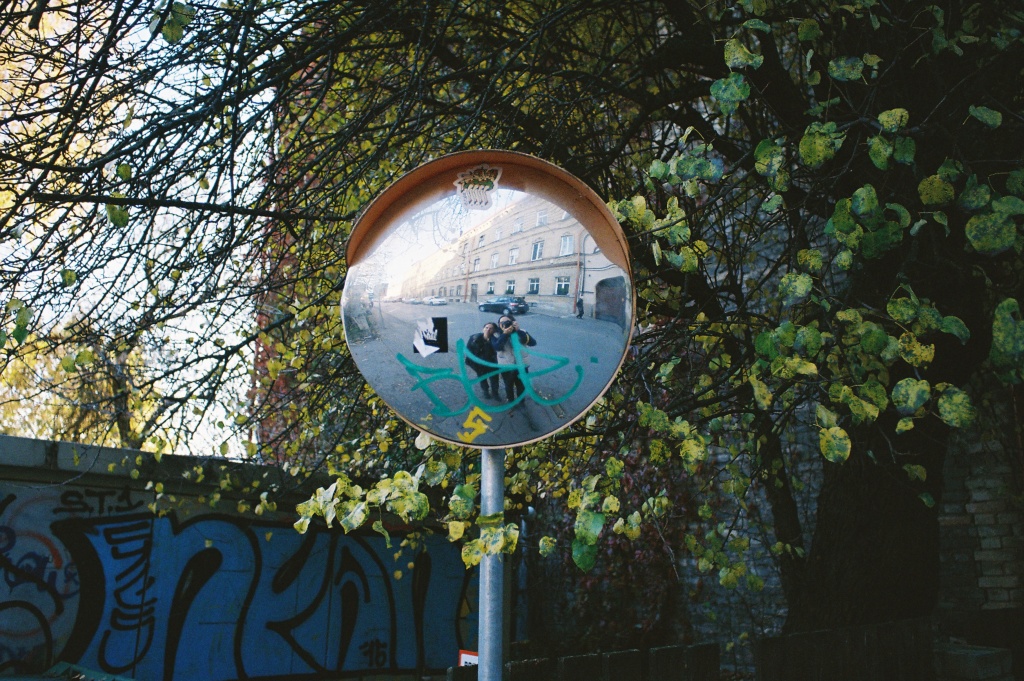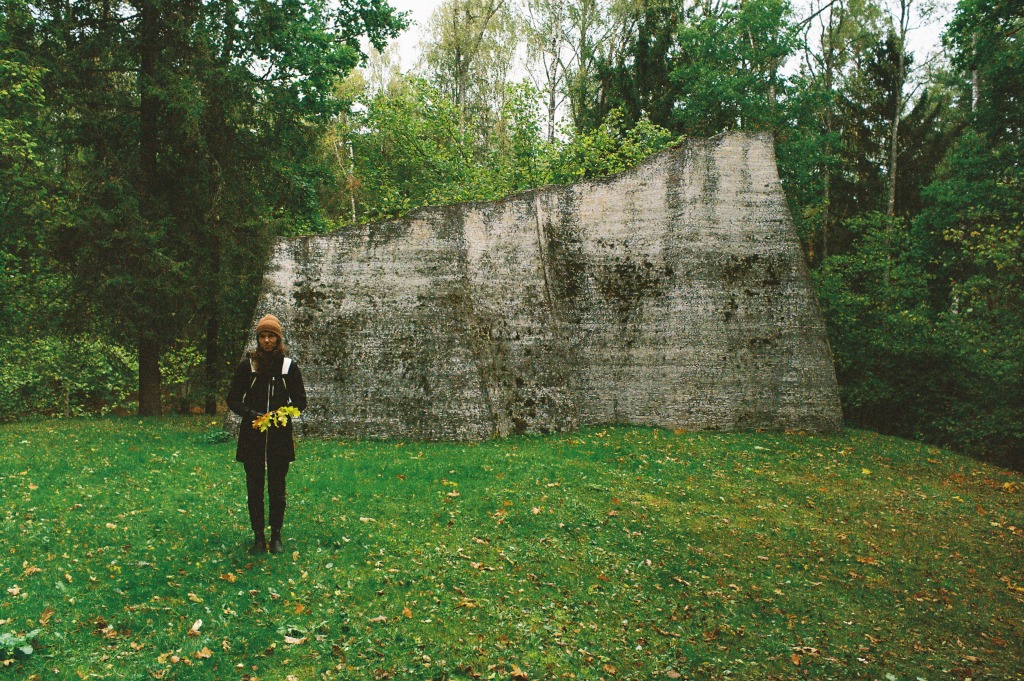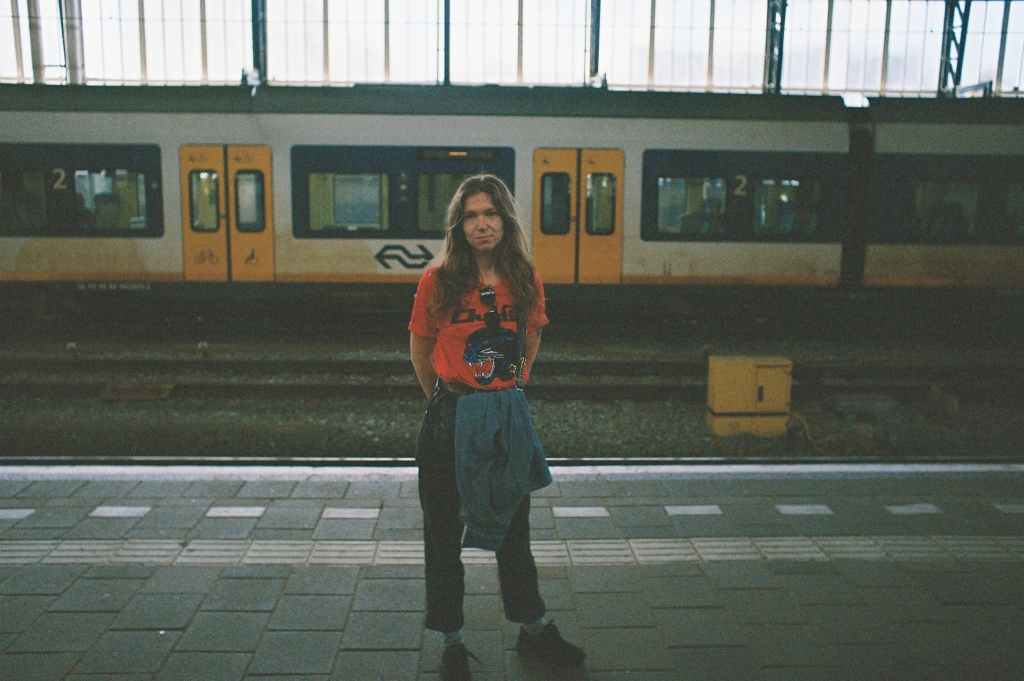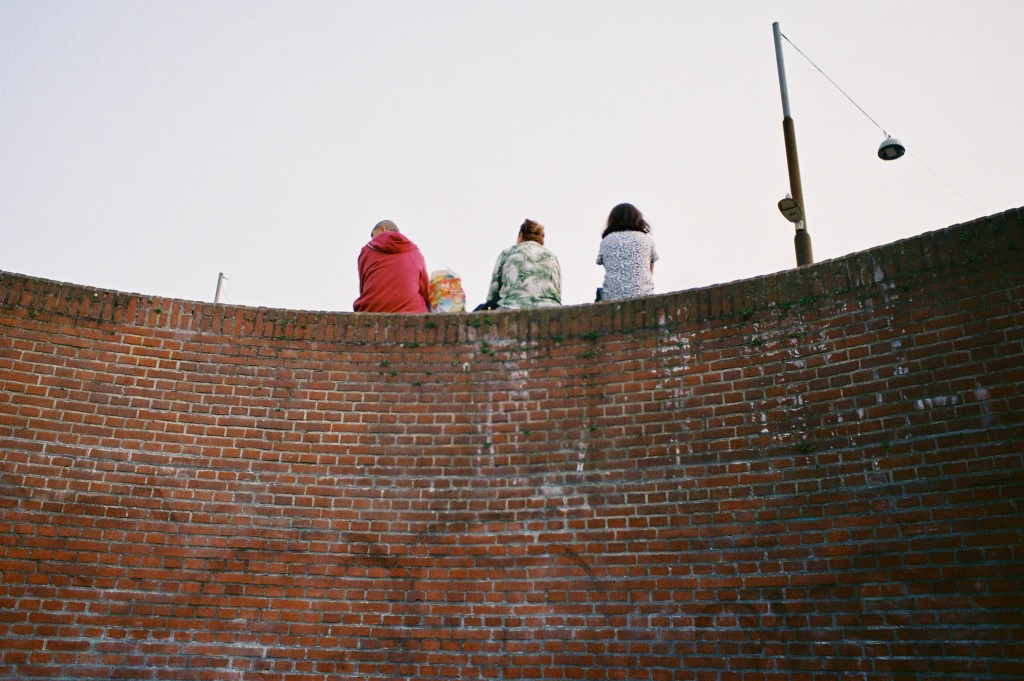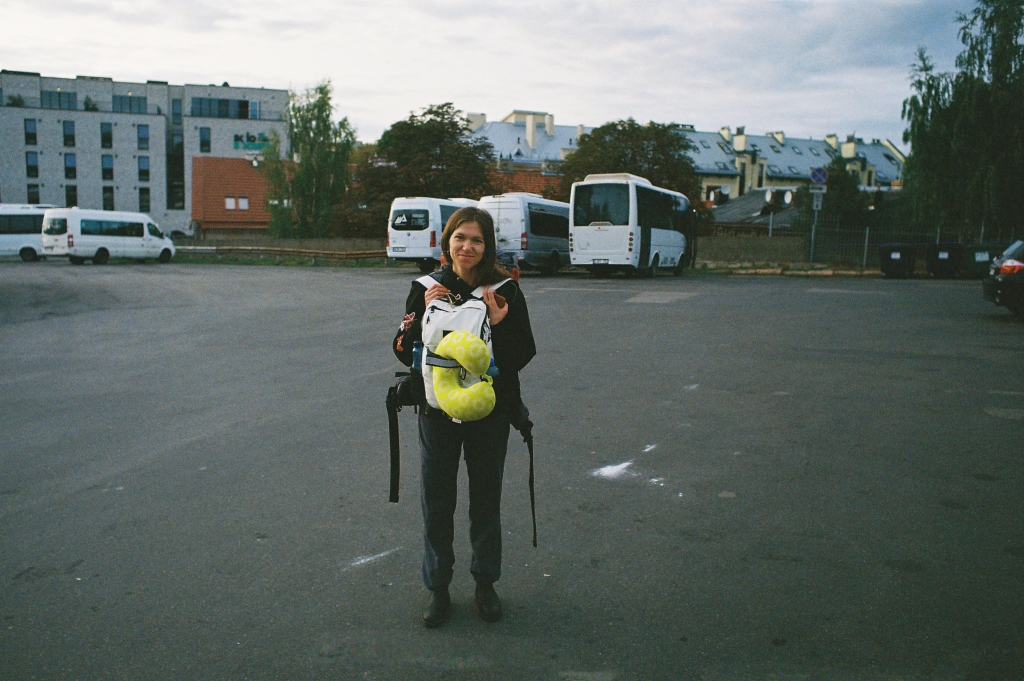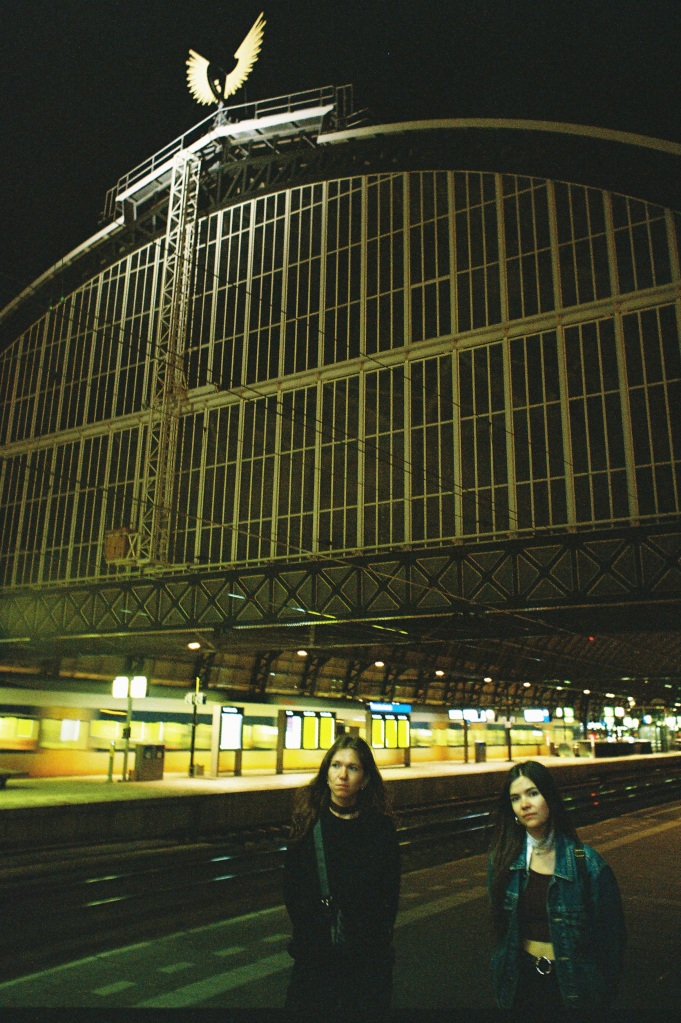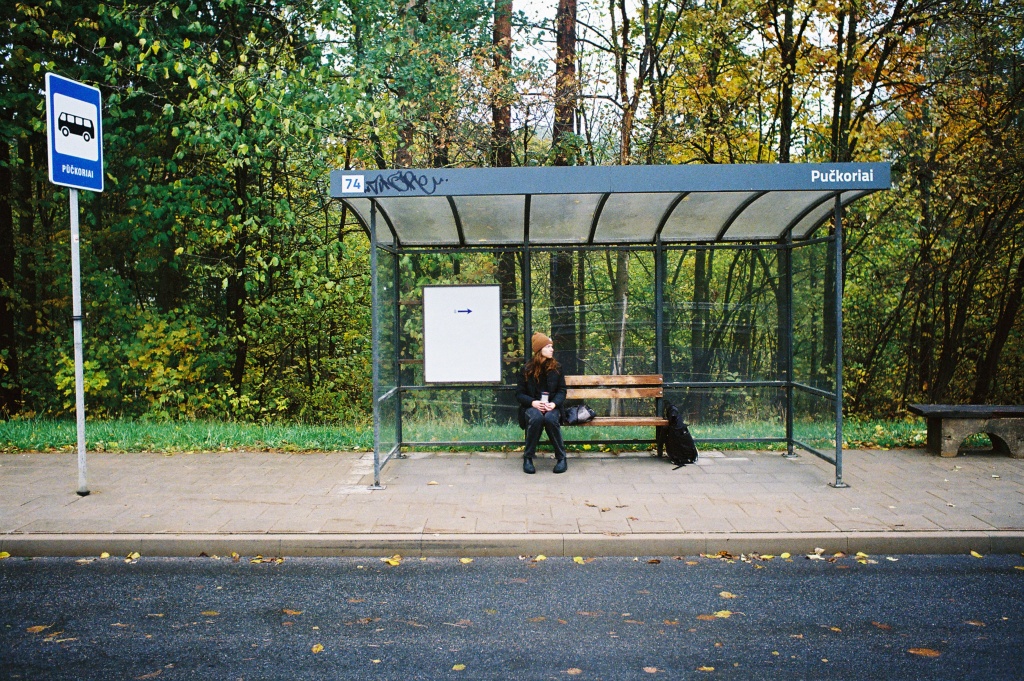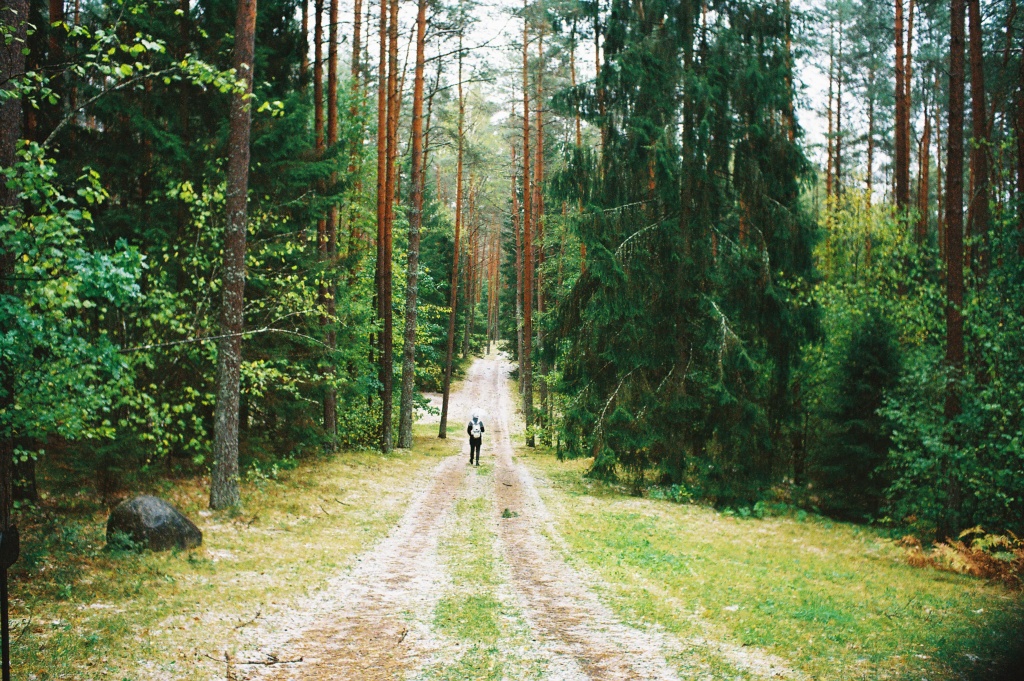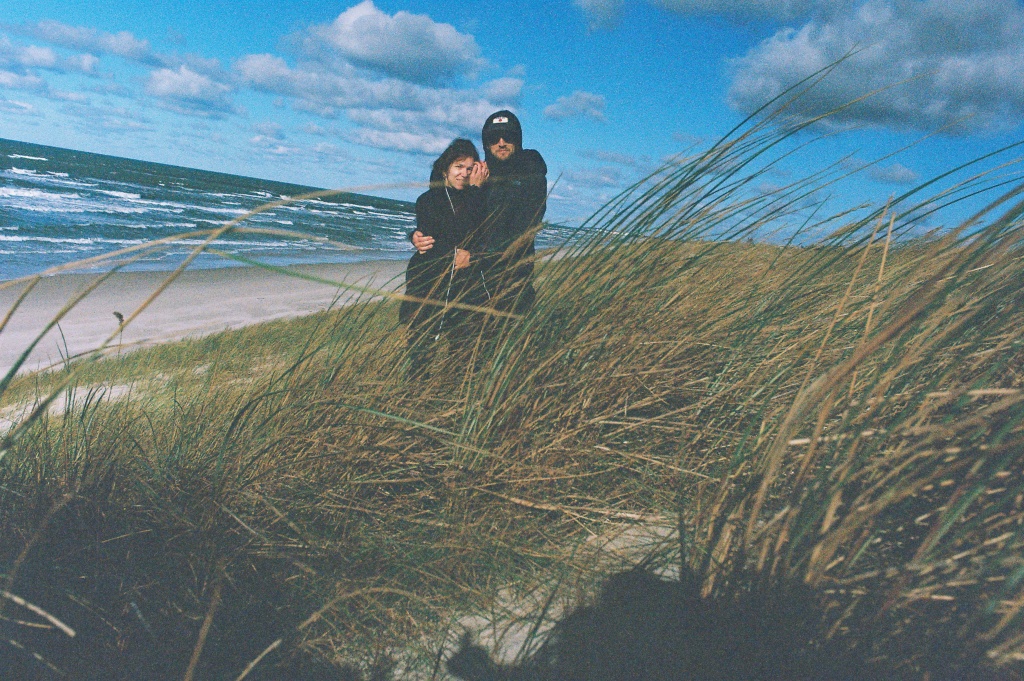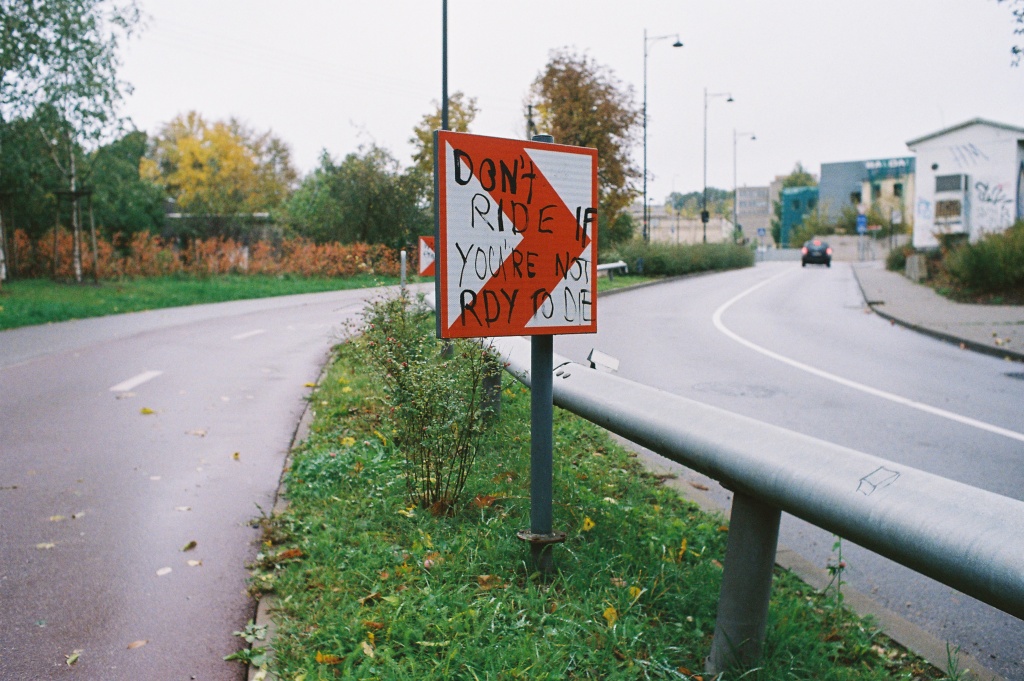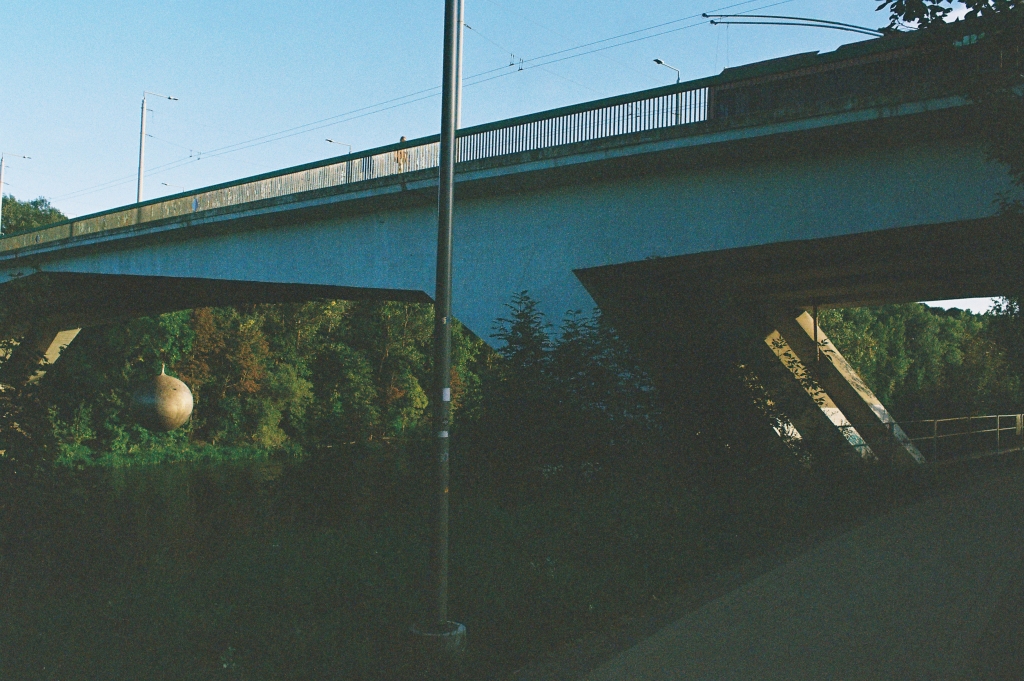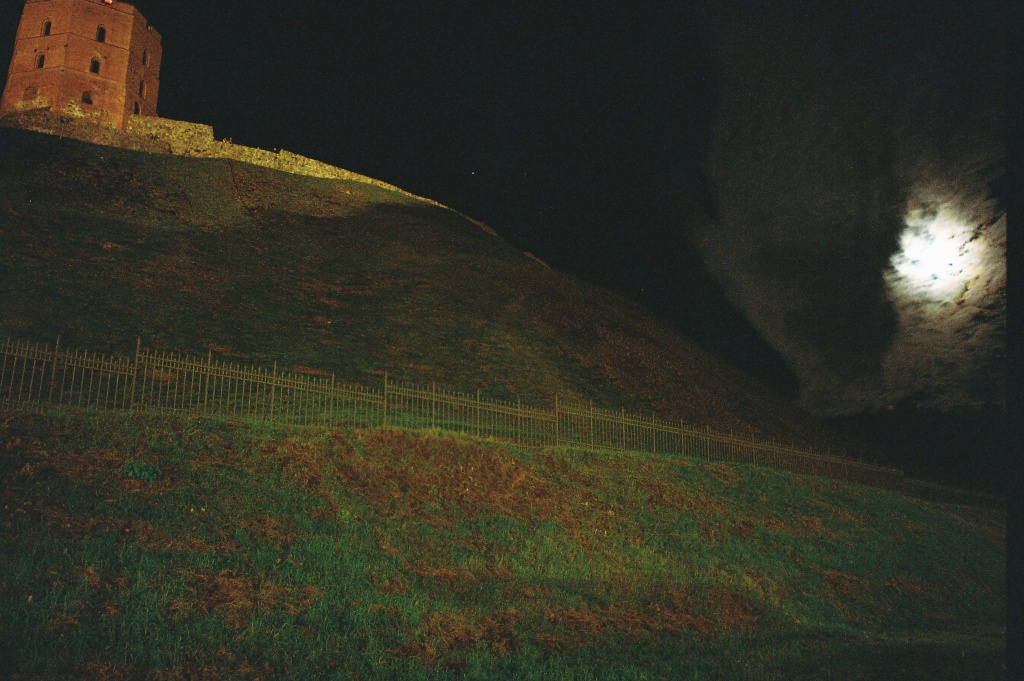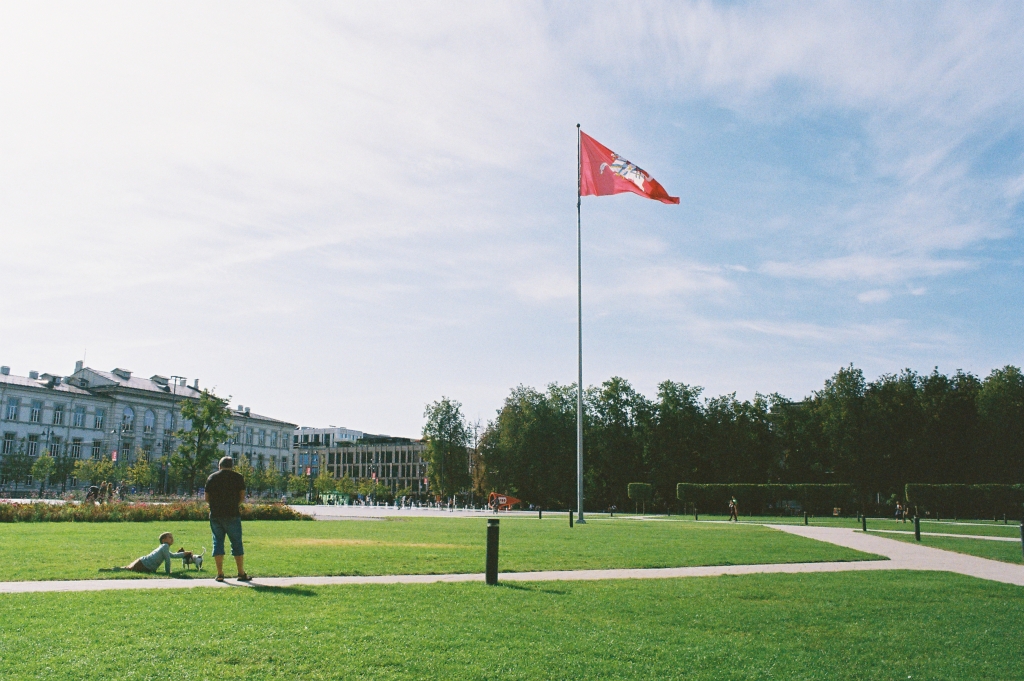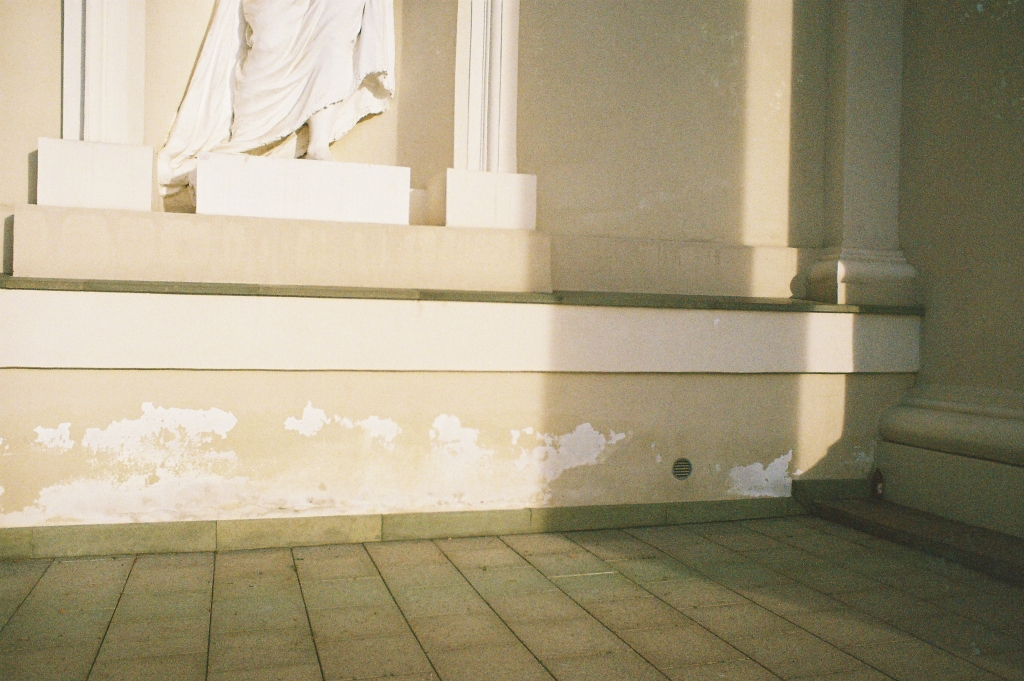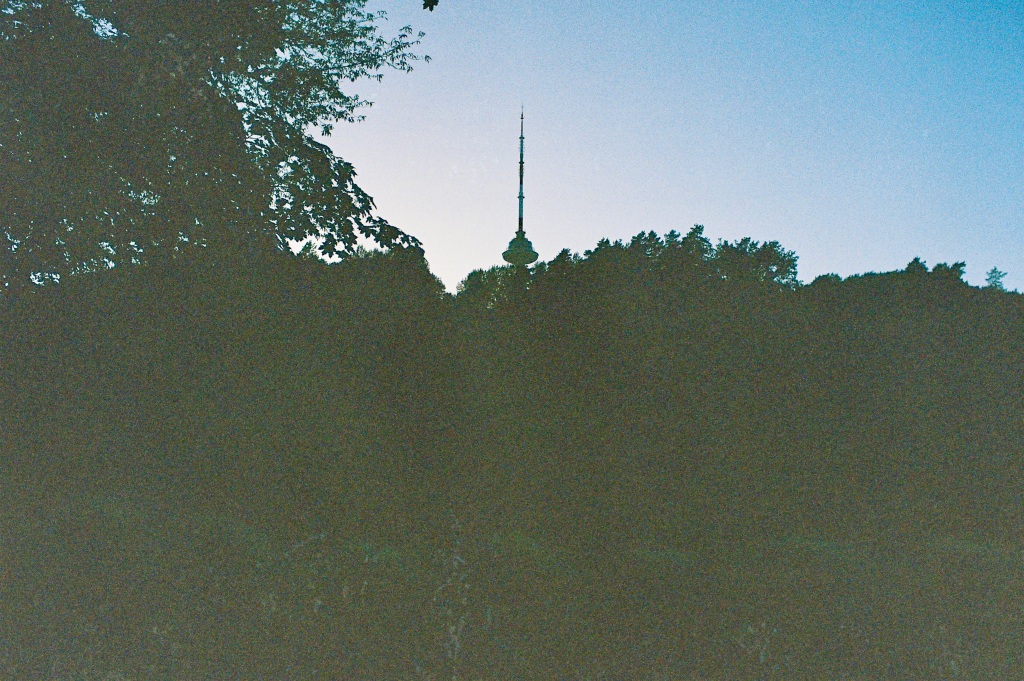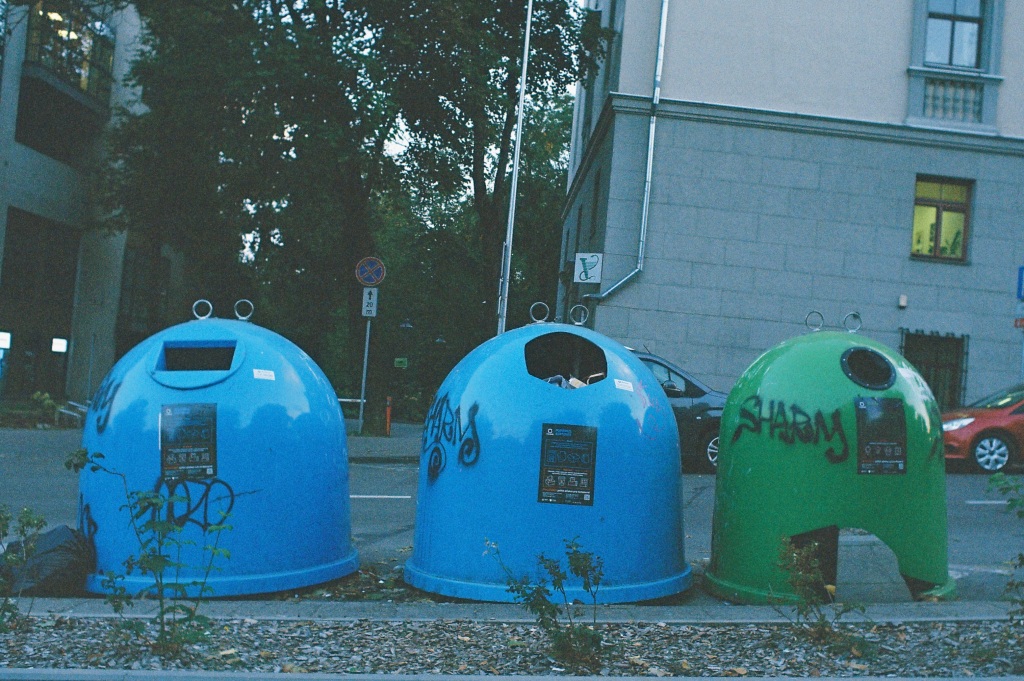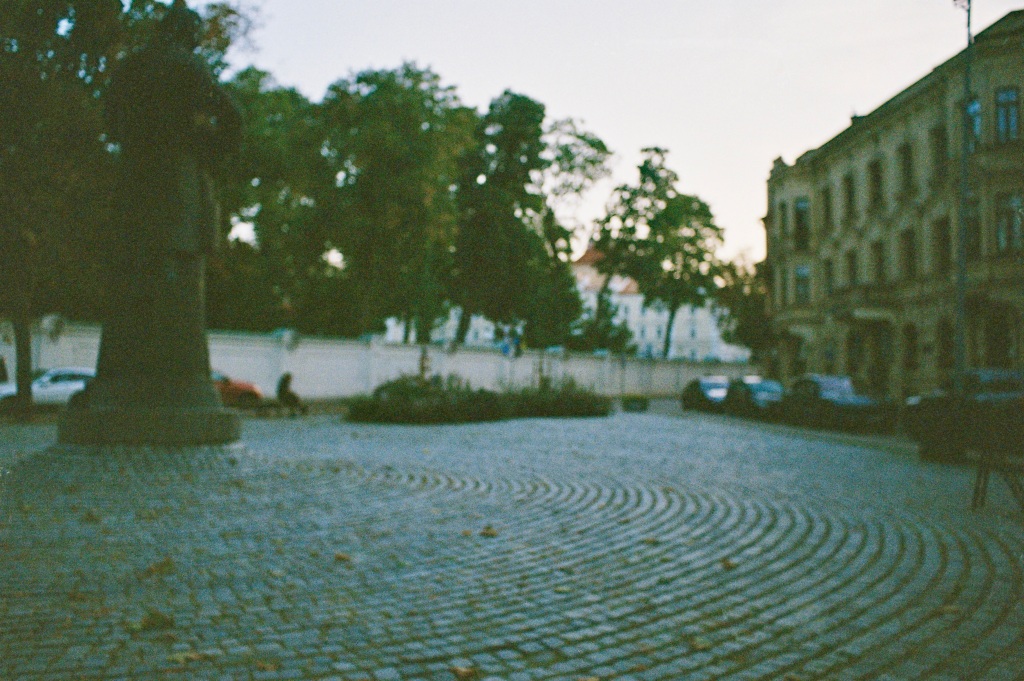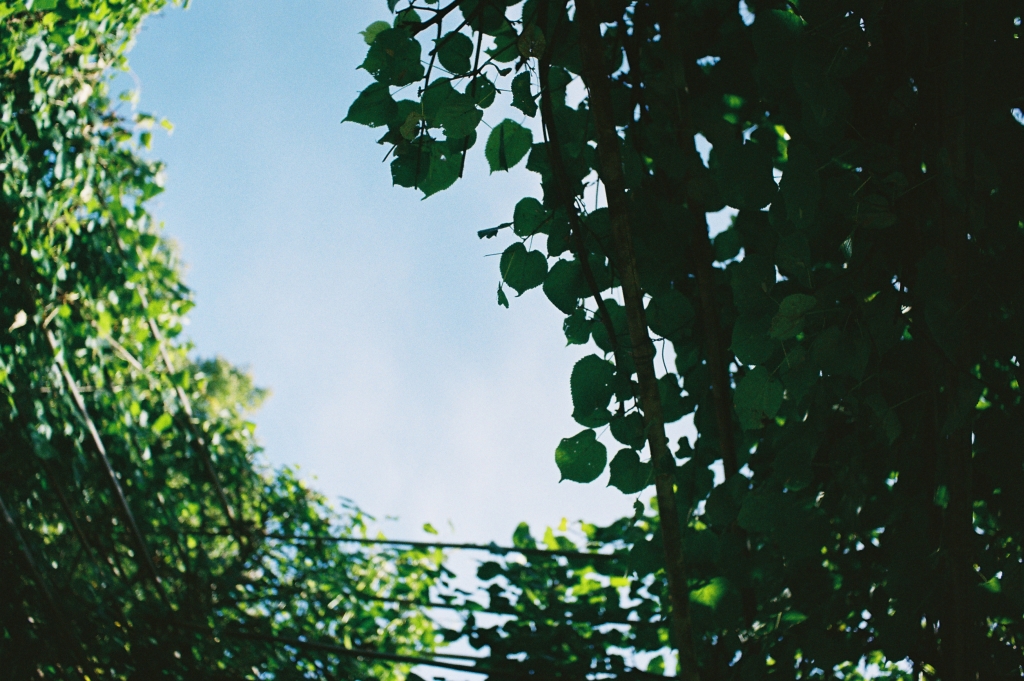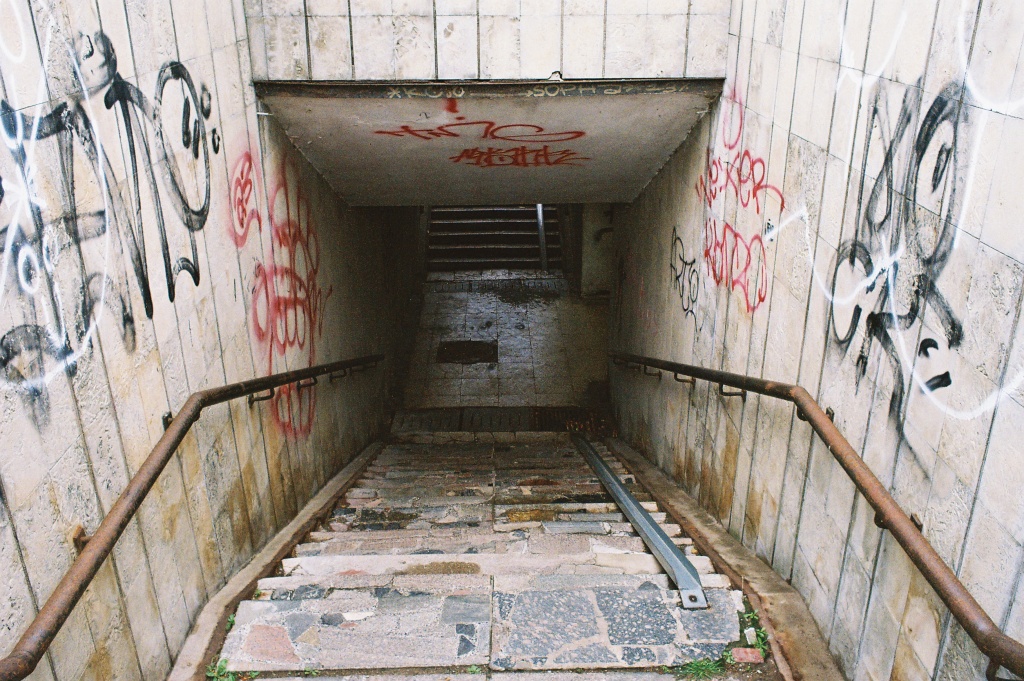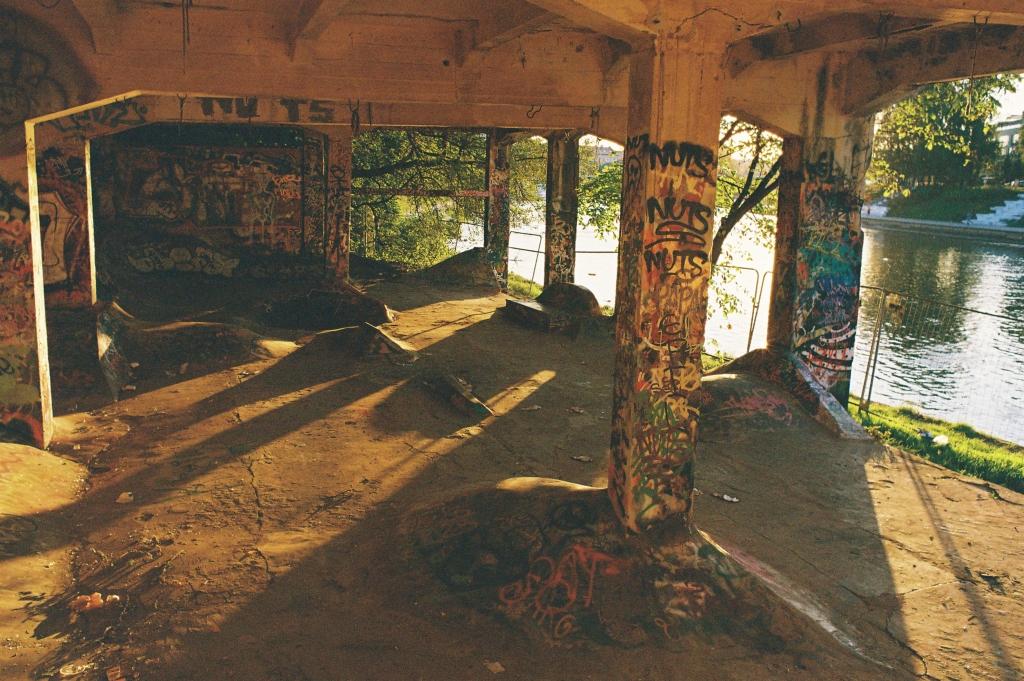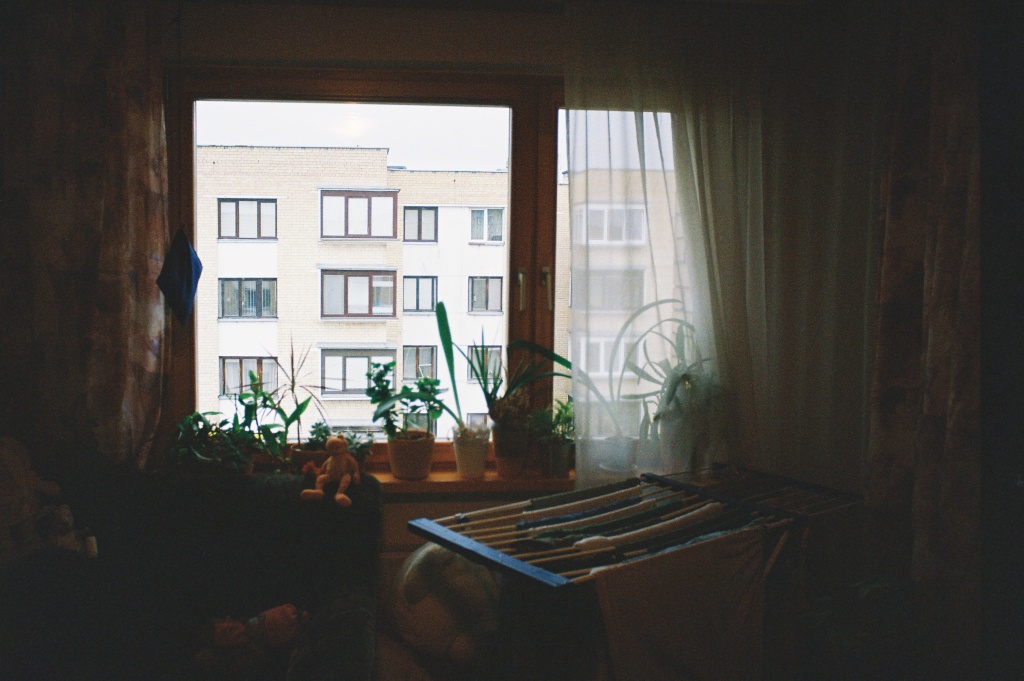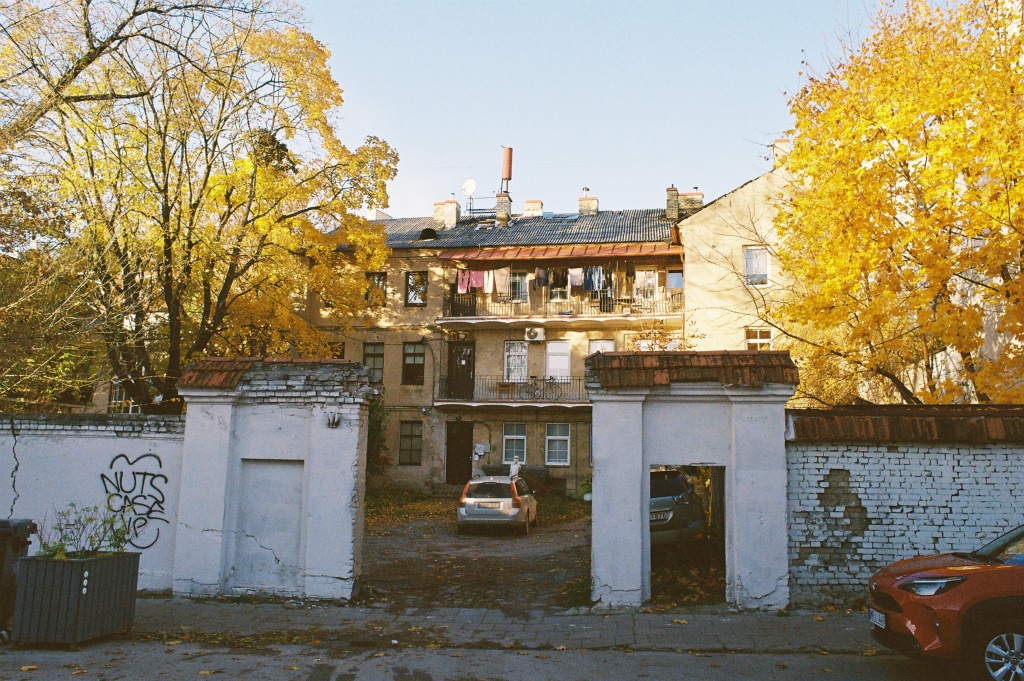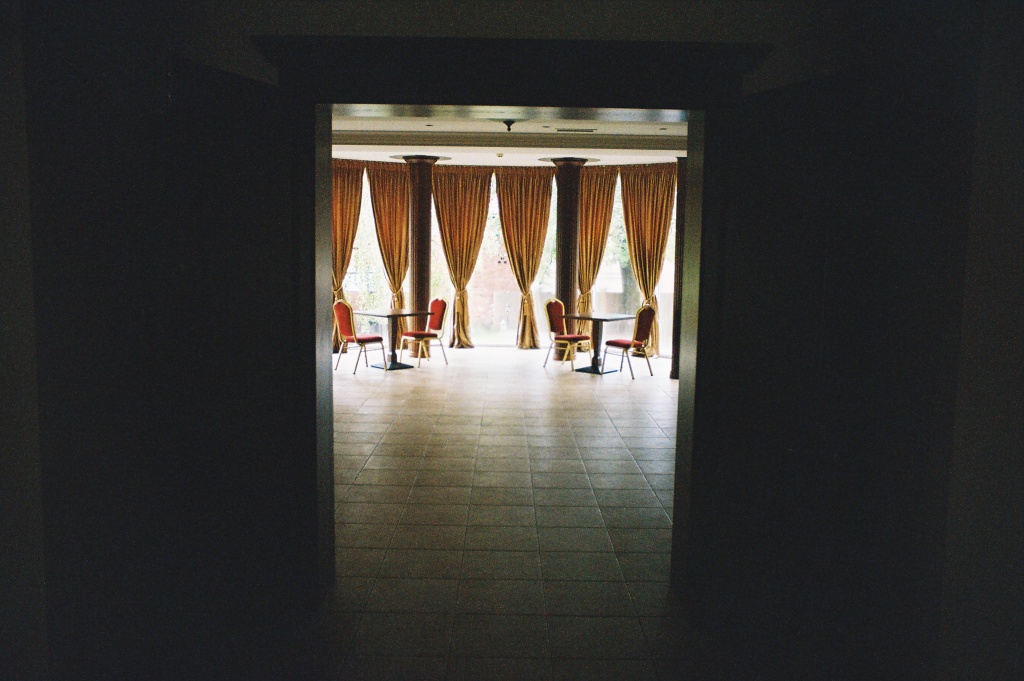November 5, 2023
Belongings Matter

Below is an excerpt from a report I worked on over the past few years.
Personal belongings have physical and emotional significance for everyone. For precariously housed and unhoused people, personal belongings hold particular importance. Belongings can allow people to survive, particularly in outdoor spaces. Belongings also affirm individual identity and autonomy.
…the belongings of precariously housed people are at constant threat of seizure and disposal by state and private regulators. Precariously housed and unhoused people thus experience both physical and emotional harms that further their vulnerability and precariousness. The constant cycle of dispossession is a dehumanizing experience that amounts to significant emotional harm…
Canadian police and enforcement agencies in Canada have been found to be systematically racist. Indigenous, Black, and other racialized people are disproportionately over-policed in municipalities across the country. As police and other peace officers are often instigating or involved in the enforcement of laws and bylaws regarding the possessions of precariously housed and unhoused people, systemic racism similarly impacts racialized people and their security of belongings. Racism underscores every discussion about laws and bylaws which have been used, and continue to be used, to control precariously housed and unhoused people and their belongings.
Read more here: belongingsmatter.ca
October 11, 2023
Lyrics of the Month: October 2023 – Destroy All Lawyers
1 2 3 4
There’s a plague on the planet
And they went to law school
A bunch of hornswogglers
Treat us like fools
Know who I’m talkin’ about
Let me hear you shout
Destroy all lawyers!
Destroy all lawyers!
Bunch of evil weasel poseurs!
Destroy all lawyers!
Watch them push them papers
And bend them laws
Will the chump with the most money
Buy them all?
Grab them by their tails
Spit in their eyes
Well they charge you by the minute
While we get paid by the hour
What I want to know
Is how they steal all this power?
I wanna see them explode
In every zip code
Destroy all lawyers!
Destroy all lawyers!
Bunch of evil weasel poseurs!
Destroy all lawyers!
They got, they got their own bar
Where they drink pints of greed
Let’s spay and neuter ’em
So that they can’t breed
So let us ??
Is at the bottom of the sea
Well they’re not even evil
Yea they’re worse than devil
Gonna blow up the planet
Charge God double
Wanna see ’em explode
In every zip code
Destroy all lawyers!
Destroy all lawyers!
Bunch of evil weasel poseurs!
Destroy all lawyers!
April 1, 2023
The Governance of Poor People’s Possessions
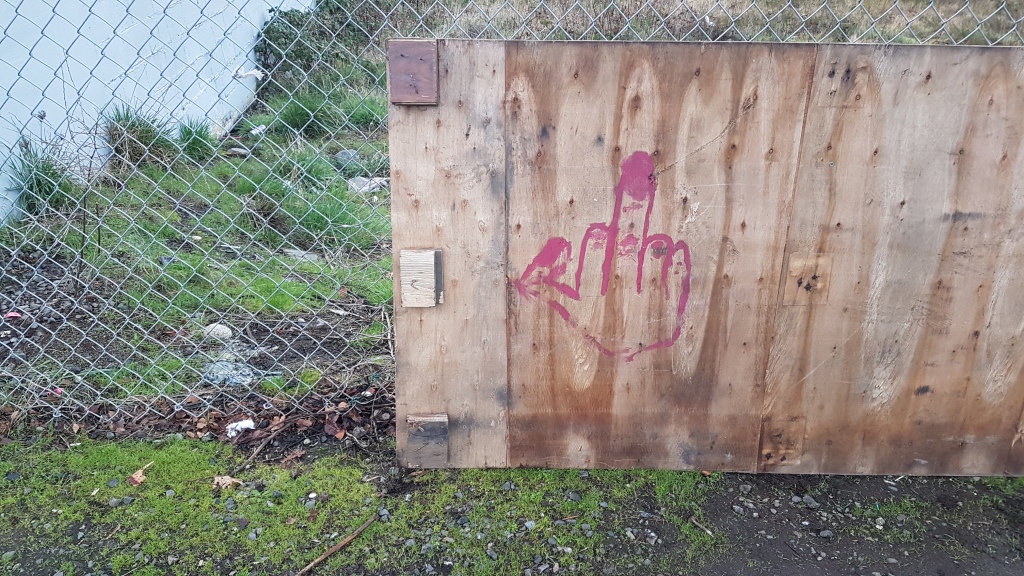
Most of my waking life is spent on law school. The law continues to be used to protect property owners, people with money, and white people. People with disabilities, people who use stigmatized drugs, Indigenous and other racialized communities continue to be disproportionately impacted by enforcement of punitive laws. Seizing and destroying poor people’s belongings is done to ensure that property owners can continue to profit off of land that was stolen from sovereign Indigenous nations. The rule of law is inherently racist.
From the article:
“Whether it is on the streets or in parks, in shelters or couch surfing, in a
rooming house or single-room occupancy, precariously housed people lack
access to safe, adequate, and secure places to keep their personal belongings.
The laws, bylaws, and less-formal rules that govern public and private
spaces, combined with the lack of affordable and adequate housing (as well
as lack of storage facilities), creates the reality where the possessions of
precariously housed people and people who rely on public space are
constantly at risk of theft, seizure, impound, and destruction by
governmental and non-governmental actors alike. The lack of secure
places to keep belongings means that many people are forced to move their
personal property daily to avoid impound or theft.”
Law, Urban Space, and Precarious Property: The Governance of Poor People’s Possessions in Fordham Urban Law Journal
by Nicholas Blomley, Alexandra Flynn, Marie-Ève Sylvestre, Nicholas Olson
February 9, 2023
Andy Shauf’s Norm
I was lucky to work with Andy as a ‘story editor’ on his upcoming album, Norm. Patrick Hosken from MTV felt that talking to me was a good idea. Buy Andy’s new record tomorrow, February 10.
From Patrick’s article:
This kind of narrative experimentation called for an extra set of eyes on the story itself. Shauf enlisted his longtime Saskatchewan friend Nic Olson, a writer and poet who has also worked the merch table on Shauf’s tours, as a story editor. “We were texting about hockey playoffs or something like that,” Olson says, and then Shauf sent him a Google Doc. Olson saw the narrative laid out via the lyrics to each song, focusing only on the forward momentum of the Norm concept without hearing a single note of music.
“I made suggestions that were trying not to pressure him to feel like he needed to explain himself,” Olson says. “Smaller edits and just basic different words that could be replaced instead of additions, knowing that the lyrics were probably already written into the length and melody of the song.” Some of those tweaks involved swapping pronouns to clarify those changing narrators. Olson, who’s currently a law student, loved the idea of working as an editor on an album of recorded music; he deeply understands how crucial the refining process can be. “It kind of blows my mind if it’s not happening [regularly] because in my experiences of writing, if I don’t have an editor, shit goes so sideways, and it’s so hard to really effectively get your ideas across.”
Read the full article here: Andy Shauf, Storytelling Songwriter, At The Halloween Store
January 27, 2023
Parkland Bio
Last year I was commissioned by friend Will Quiring to write a bio for his new project, Parkland. Sometimes writing about music as a person who knows nothing about making music makes me feel like a dummy (the wamboozleboppadoo sound of the noise machine creates an atmosphere of smooth toffee-like bliss etc etc). But it’s fun to be involved in people’s projects, so I was glad to join.
Parkland is a place of contrast and a place of adaptation. The debut self-titled album of Parkland, pieced together inside the heads of six musicians across Treaty 6 and Treaty 4 territories in western Canada, negotiates the space between personal discovery and cooperative writing. Aspen parkland, as a biome, breaks the tension between prairie and boreal forest with dense brush and river valleys. Parkland, as both an album and a project, breaks the tension of songwriting and collaborating, clean production and honest sound, strategic instrumentation and open lyrics. Both the biome and the band merely exist as transitions between two different places. Prairie and forest. Before Parkland and after.
Started with a solo project in mind, Will Quiring (vocals/guitars/keys) made the most of an abundance of spare time to form sturdy skeletons of songs. He eventually came to realize that these songs could reach new places by incorporating the vision of some of his favourite musicians spanning the parklands. He spanned the biome, selecting collaborators naturally but with intention: the types of people you wouldn’t mind (hell, might even enjoy) being snowed in with.
Coming from bands such as Close Talker and Rah Rah, each musician wrote independently. Each performance was recorded in basements and friends’ home-studios in figurative (and at times literal) isolation, yet the album has the warm feel of a band playing together. Given the freedom to write the parts they envisioned, Jerms Olson (bass), Janelle Moskalyk (guitar/vocals), Ian Cameron (pedal steel), Jeffrey Romanyk (drums), and Steve Schneider (keys/vocals) each added to Quiring’s lyrical and musical exploration. Together, they crafted a record spanning folk, country, emo, and indie rock; never fully committing to one but giving a respectful nod to them all.
Lyrically, the struggle and contrast of growing with and into connection with someone, while at the same time beginning to loath activities that used to give hope, is part of what helps Parkland rise above the crowd. Like the cities and towns that dot the parkland biome, the lyrics are literal and free from forced glamour; a purposeful decision that comes with not wanting to hide behind obscure writing tactics, even if it exposes insecurities and vulnerability.
North of the Border leads the album with the conflict that comes when two people want the same thing (connection and comfort), while admitting one’s own itch to create personal memories and stories out of nothing. The second half of the album emerges with Buzz Cut, a reconsideration of former band dreams and the implications these dreams had on adjacent relationships. Quiring is learning from the words as they fall on the page, making realizations after the fact. The music rises to meet the lyrics as if no one would know what the words meant until they were interpreted with piano and pedal steel.
Parkland, as a band and an album and an ecosystem, is about interrelation. The songs arc through relationships that are rooted to specific places (North of the Border, Abby, Ohio, Alice Lake) but come off naturally as if they could be everywhere else all at once. The production is modest, lending the songs an approachable, easy relatability. Parkland balances the fading nostalgia of a house party at sunrise with the revelations that come from knowing someone intimately, falling asleep together before 9pm. Bands gearing up and winding down, old friendships evolving to new places, love in changing times and eras. Parkland shows that the person and the ecosystem can still thrive in each new season.
When Parkland ends you know you’re in a different place than when you started. You look up and you’re in the forest or the prairie. Parkland is both a place and an album of genuine self-discovery, which thrives when surrounded by people you love and a community that brings out your best. This is the ethos of Parkland, and how the debut album manages to feel new yet familiar, relaxed yet purposeful all at the same time.

